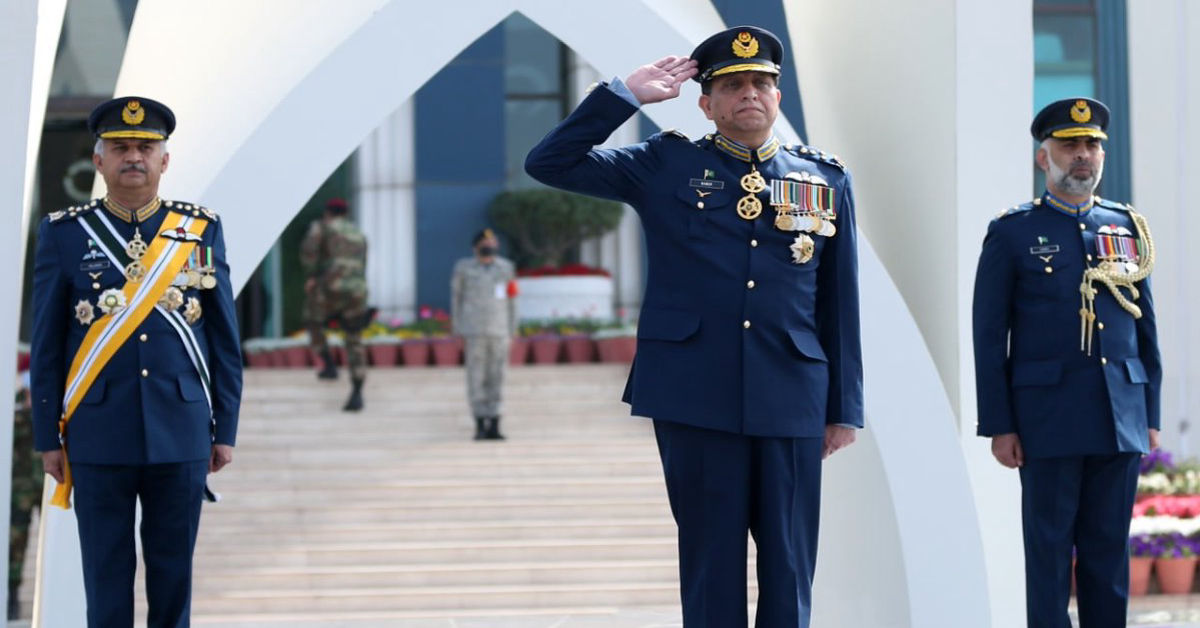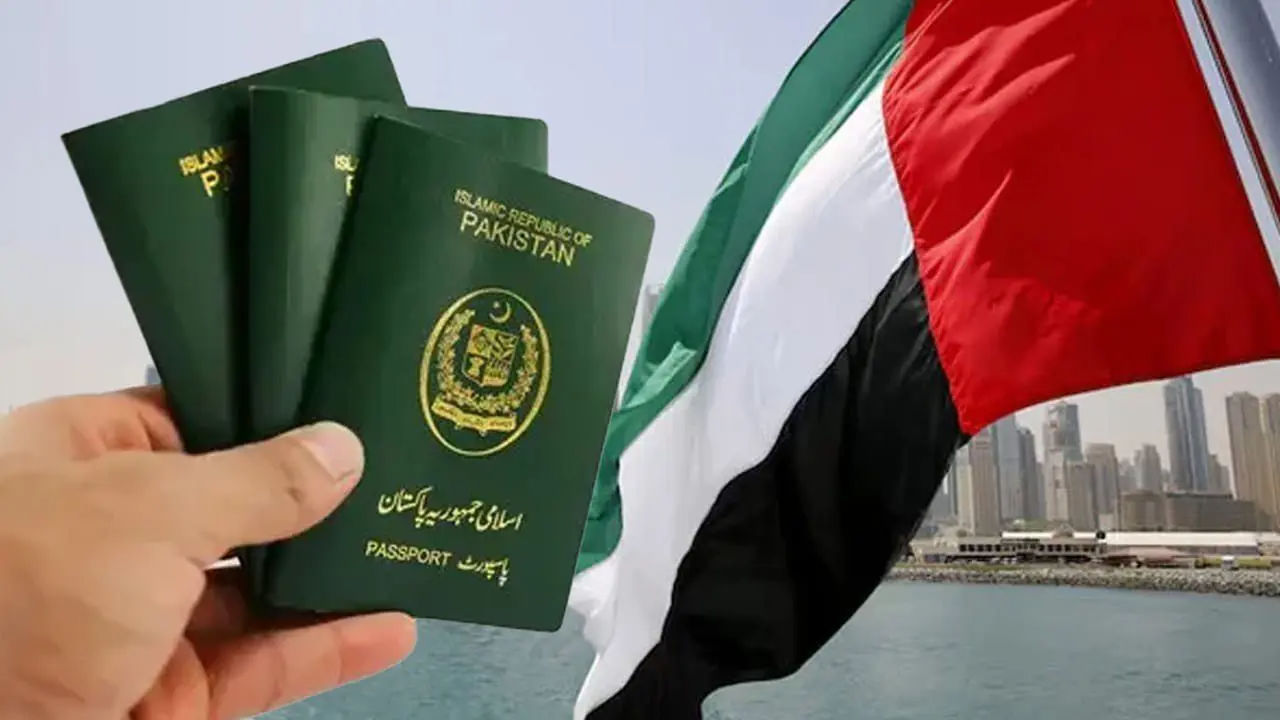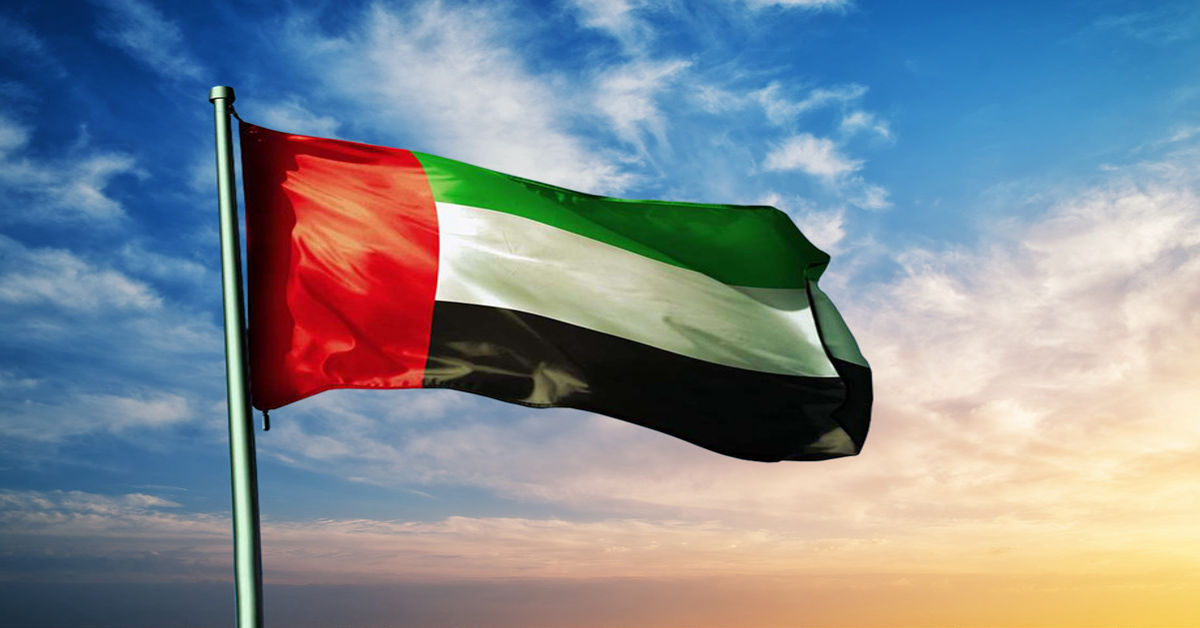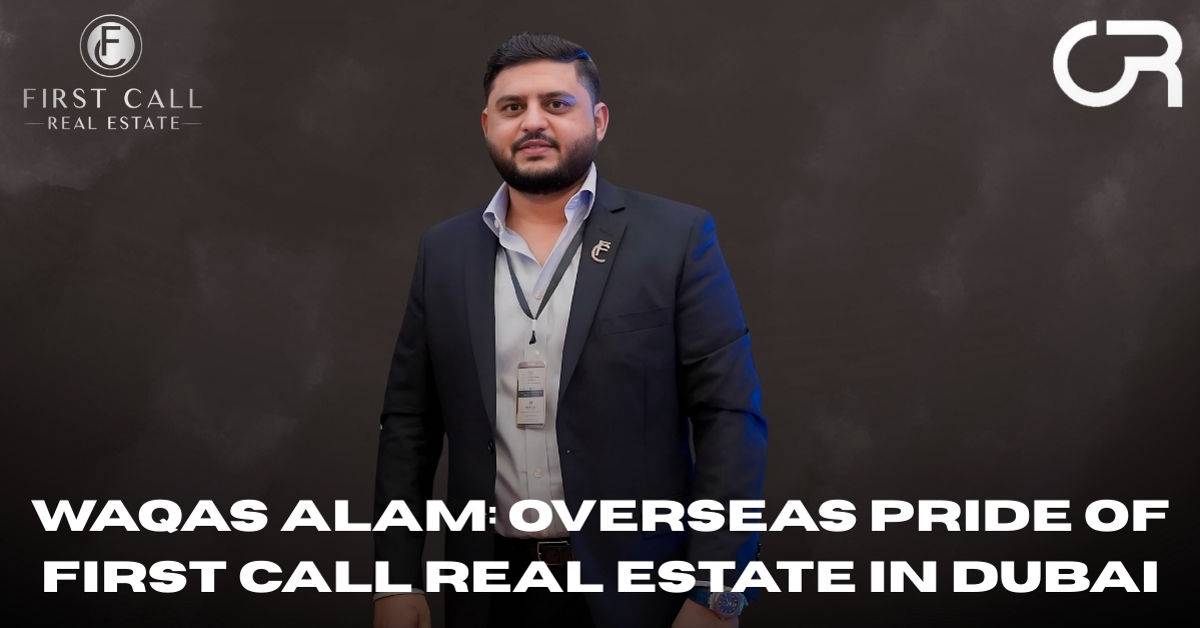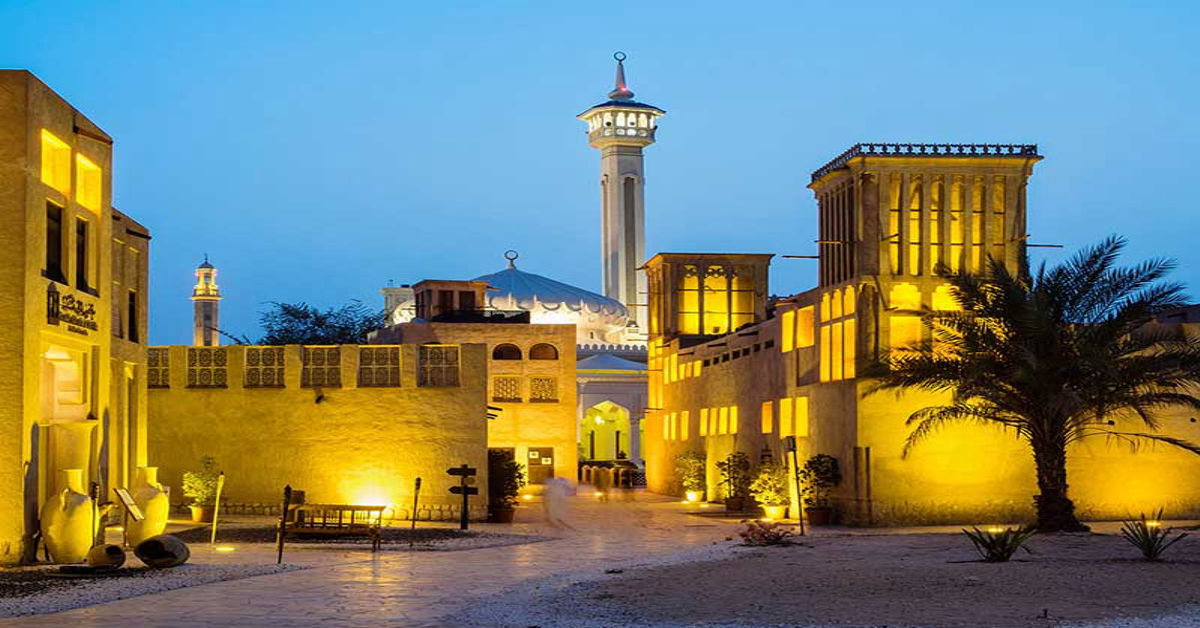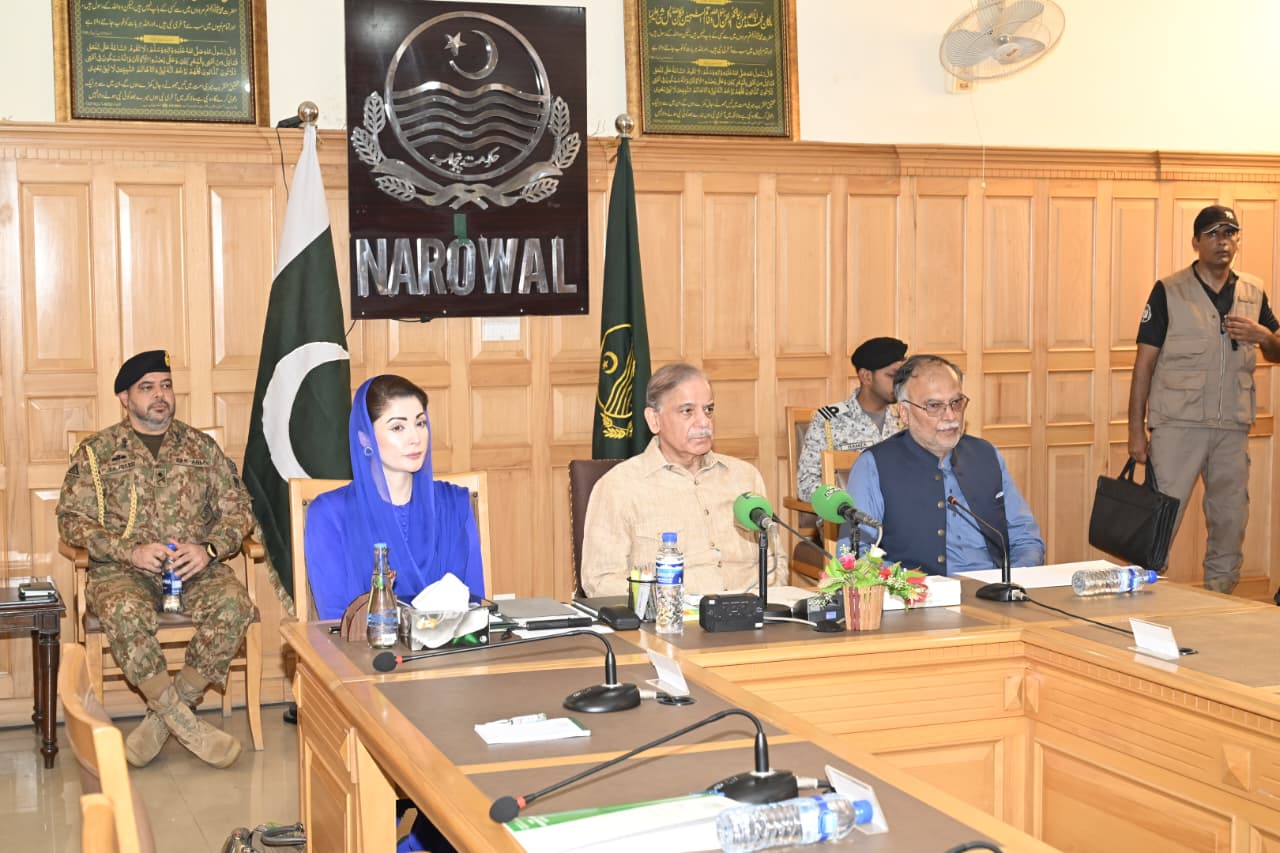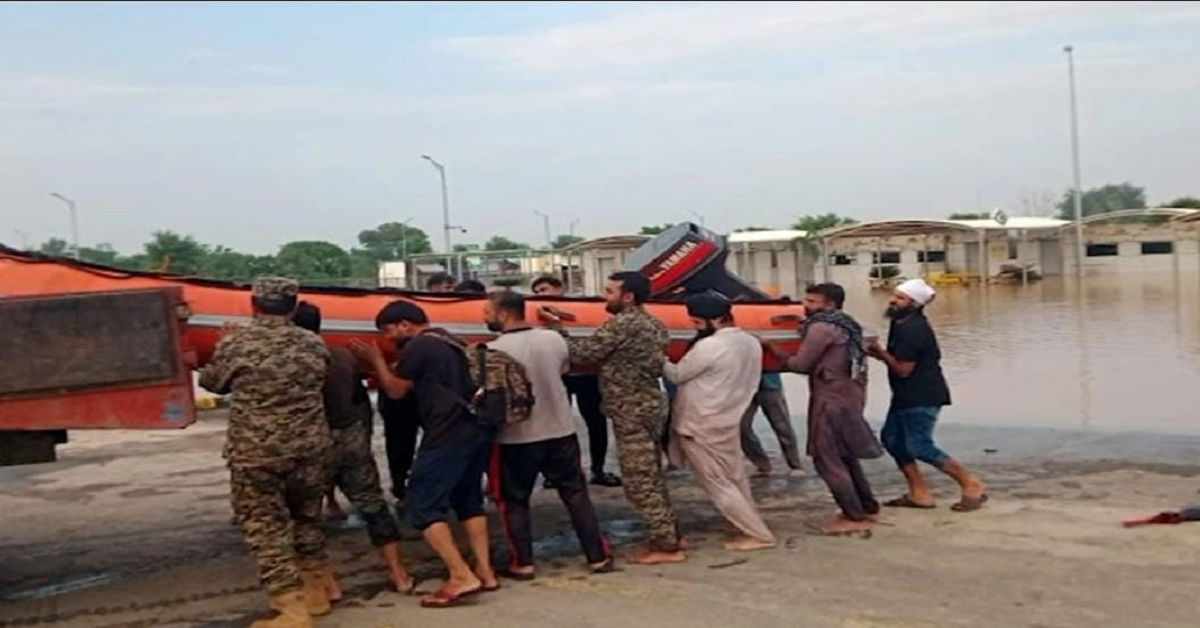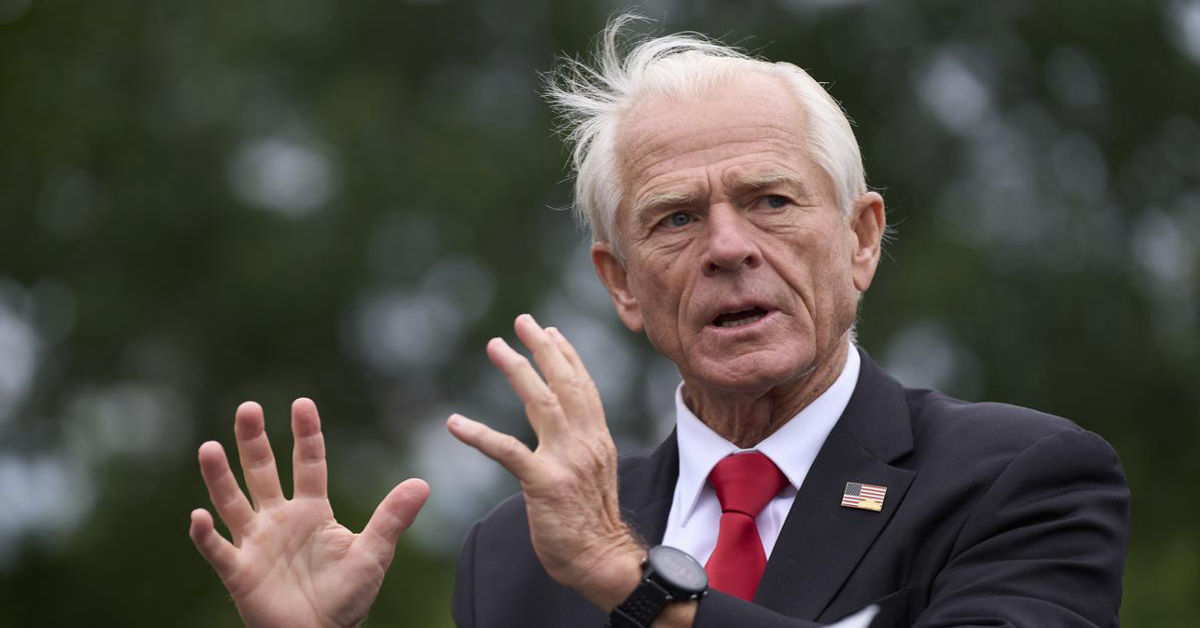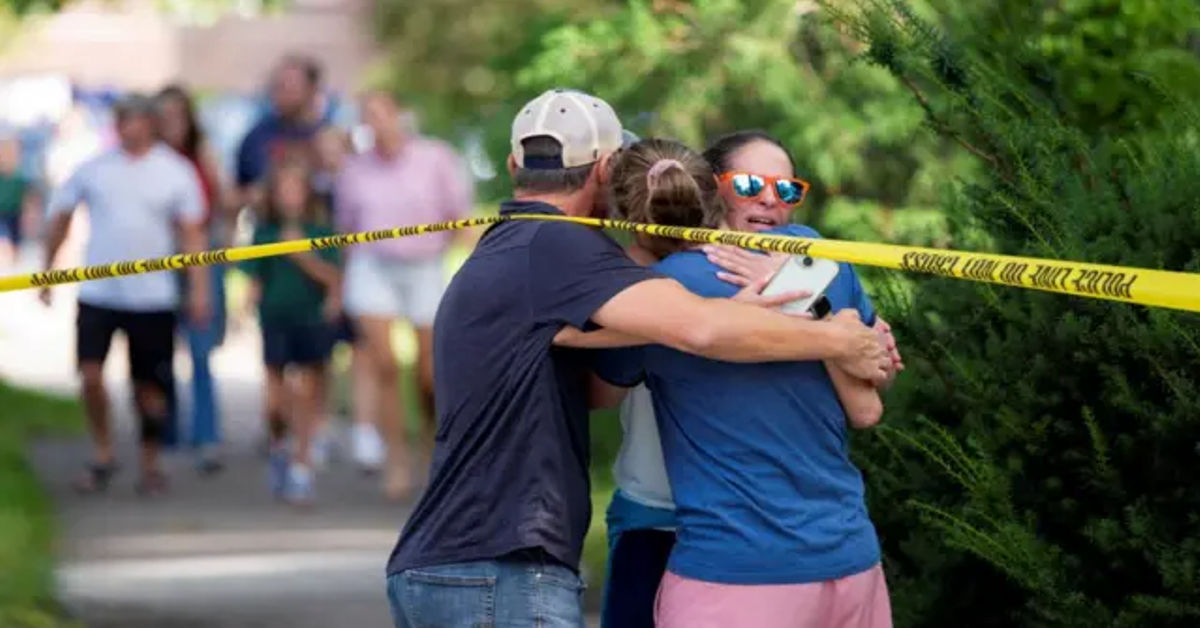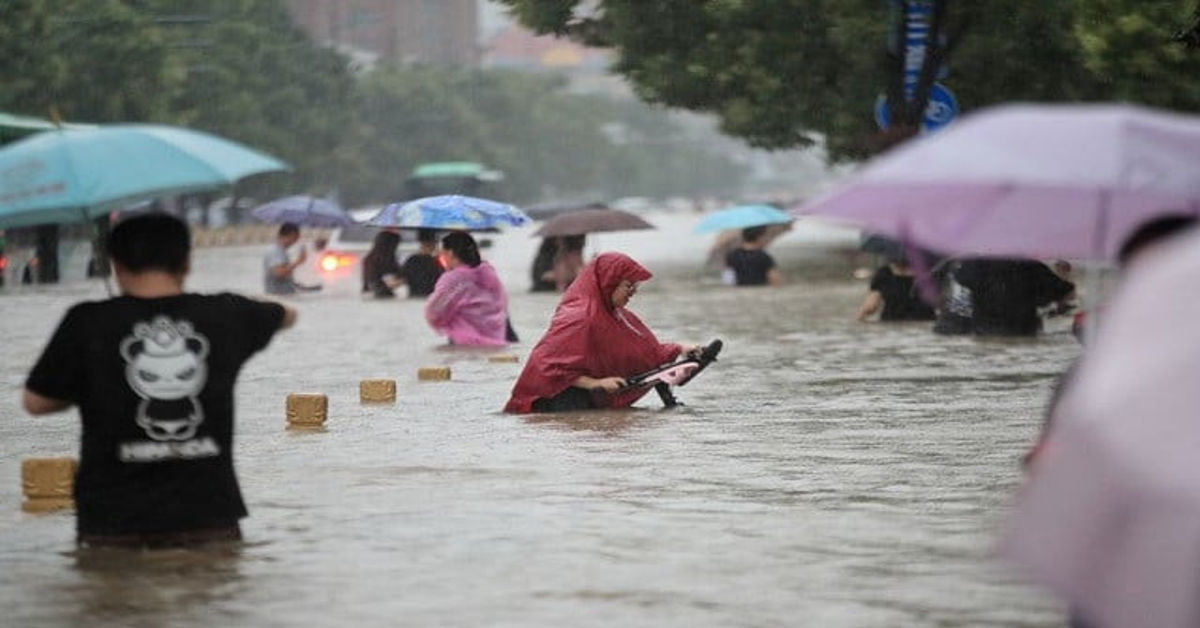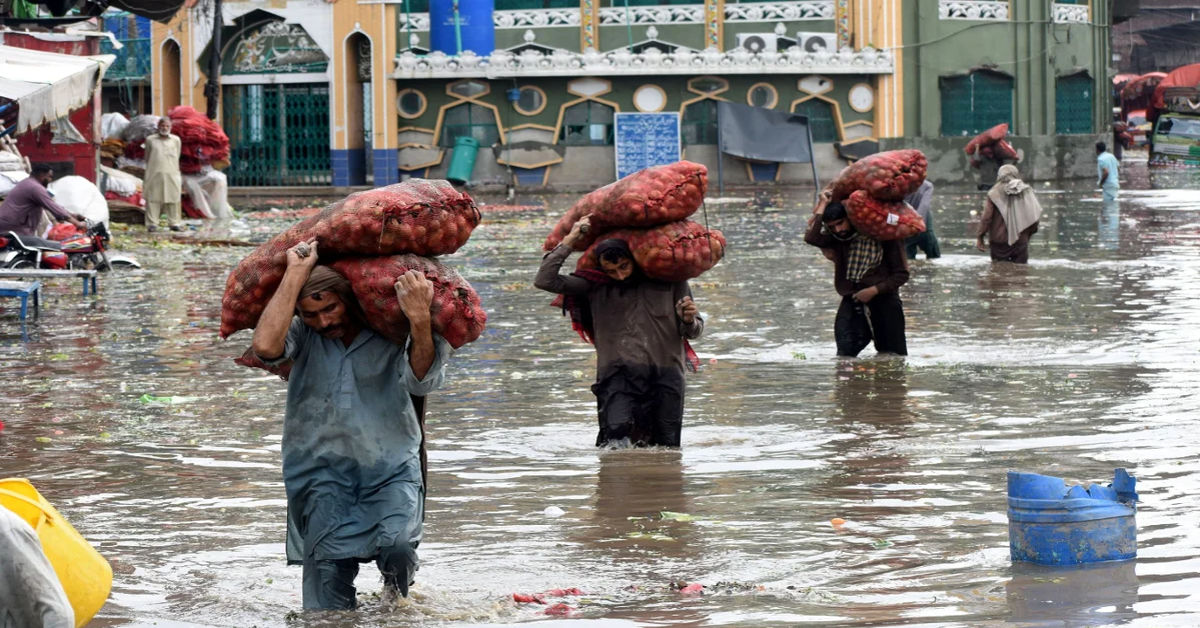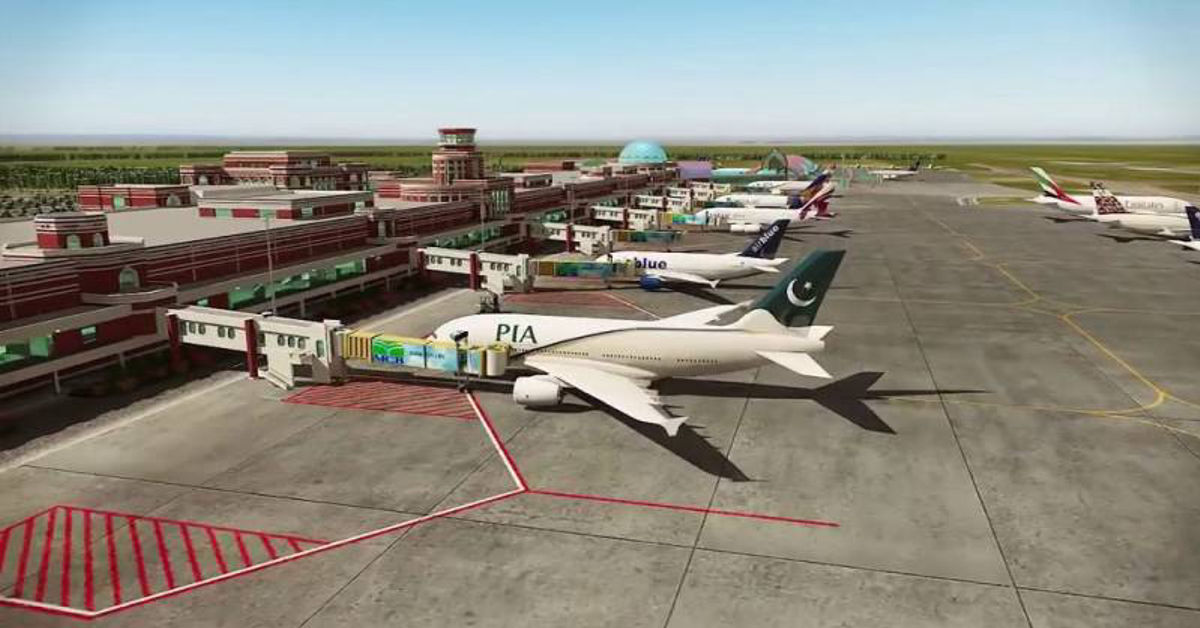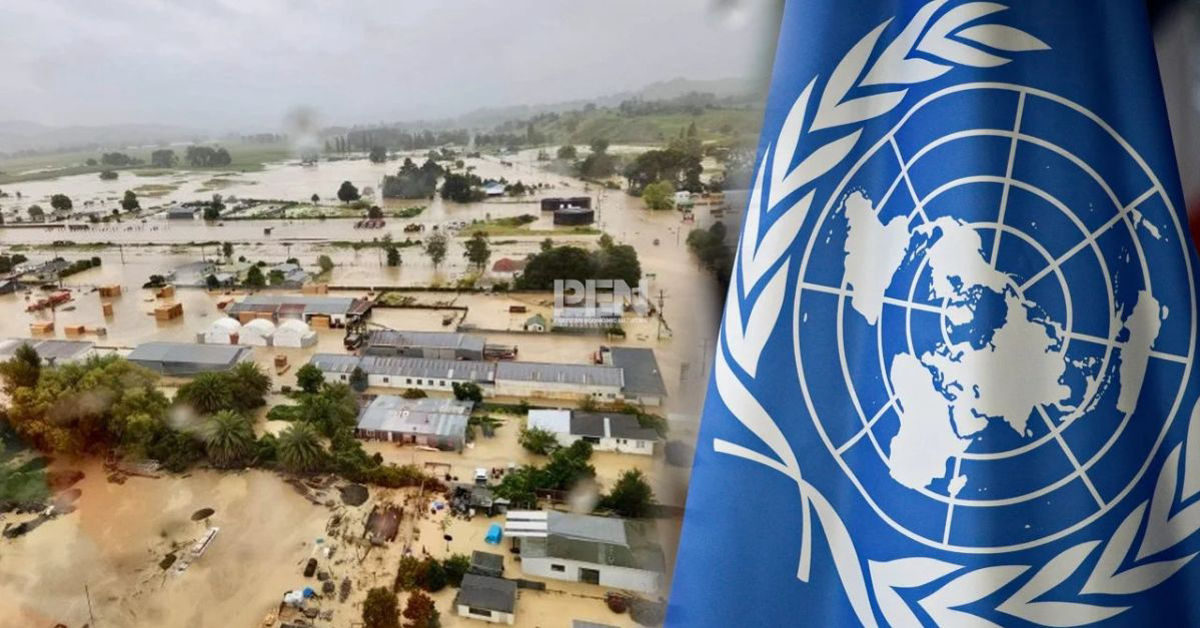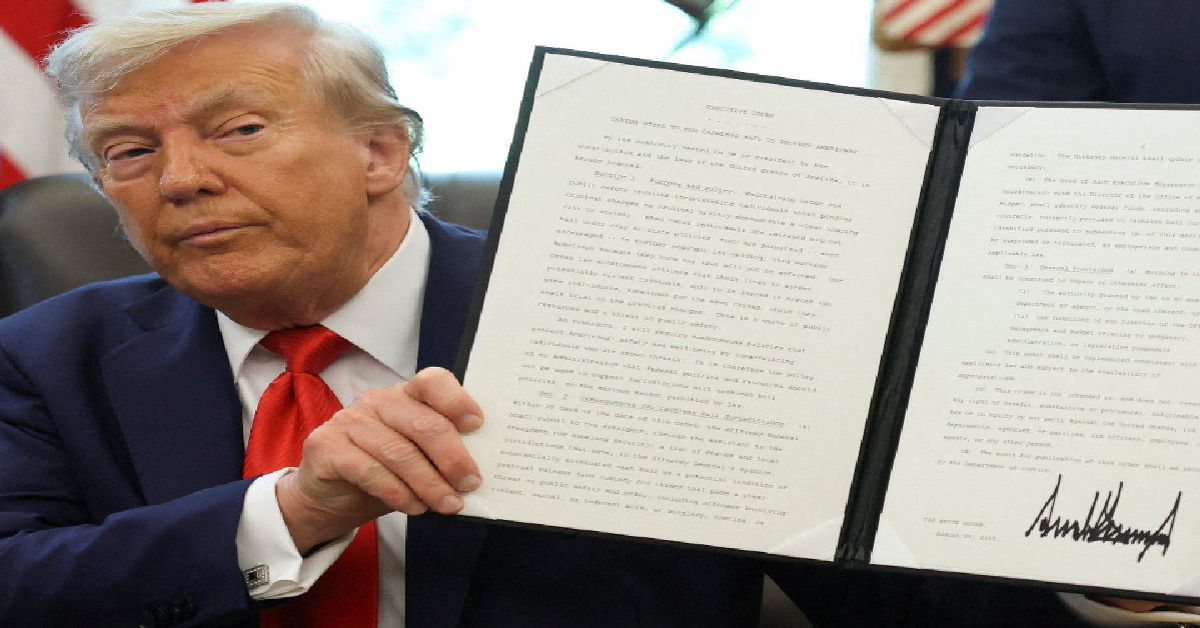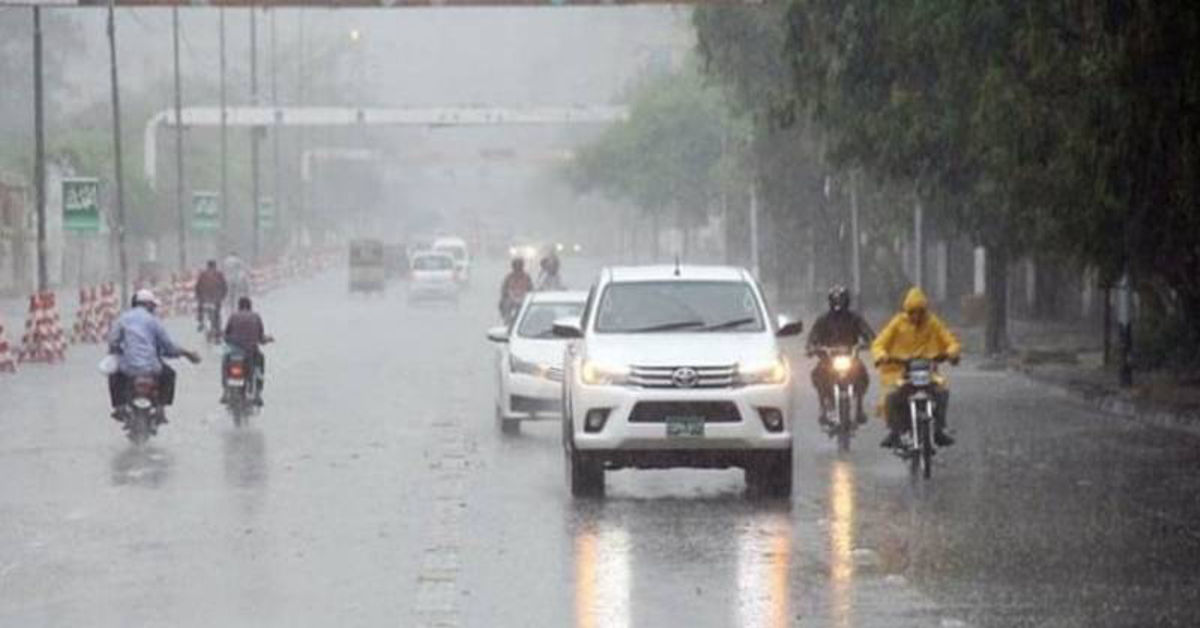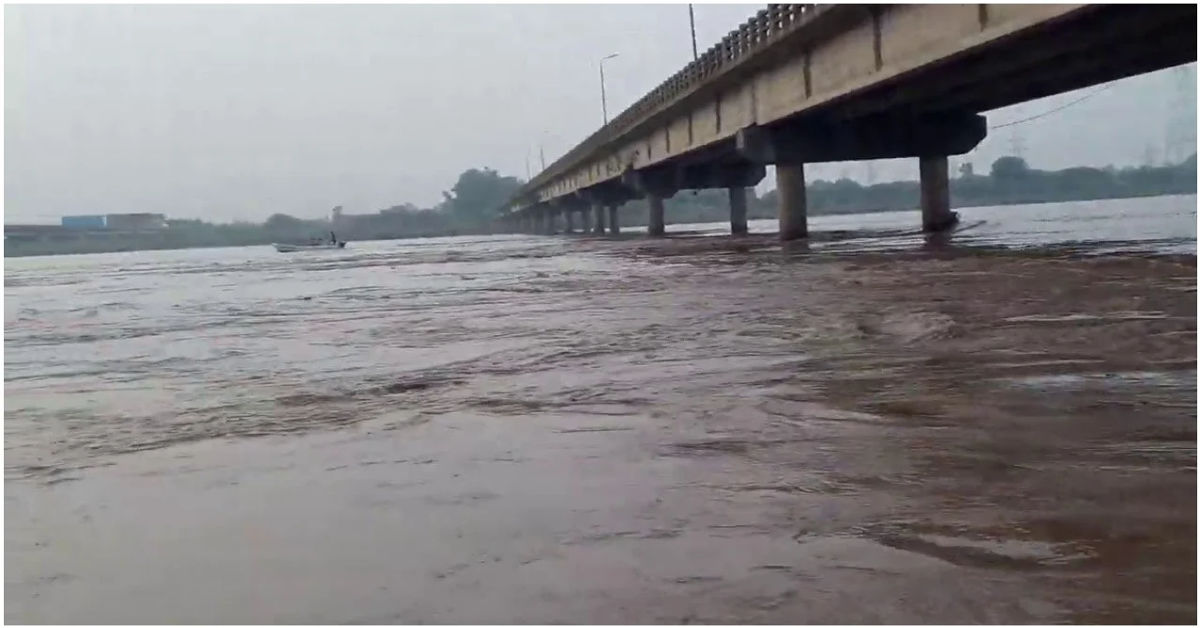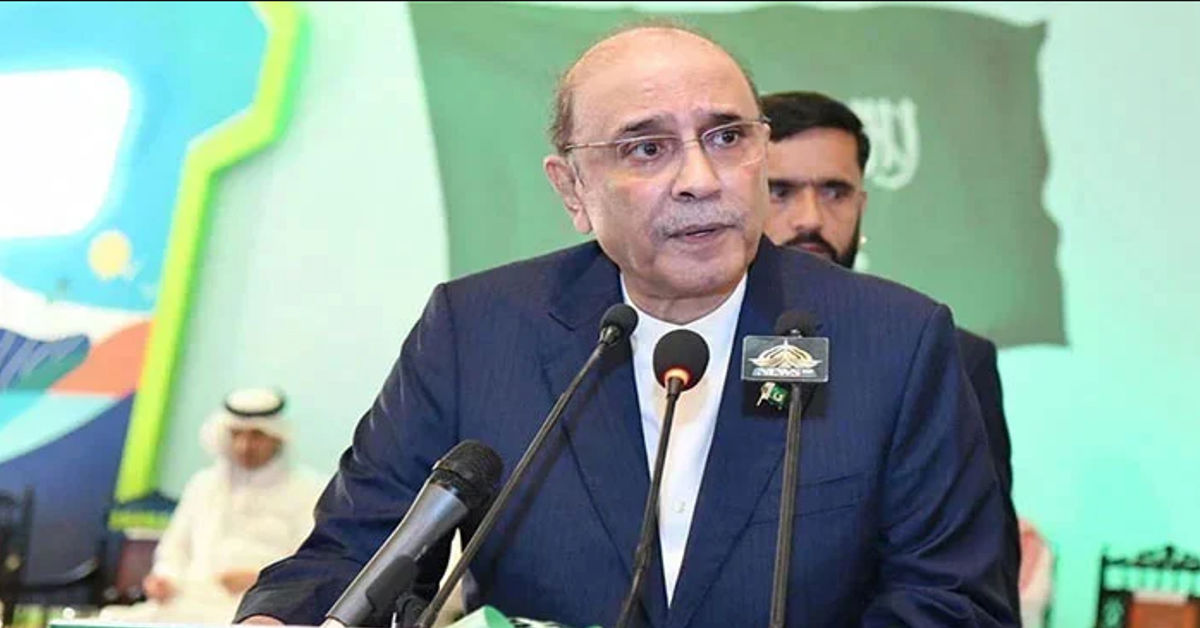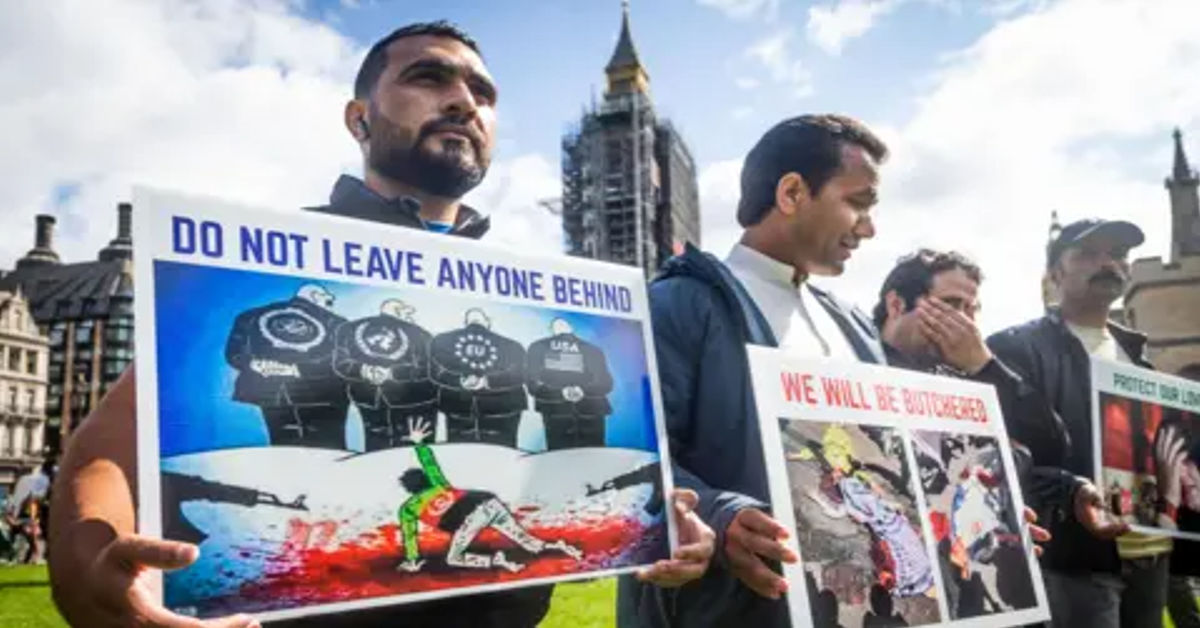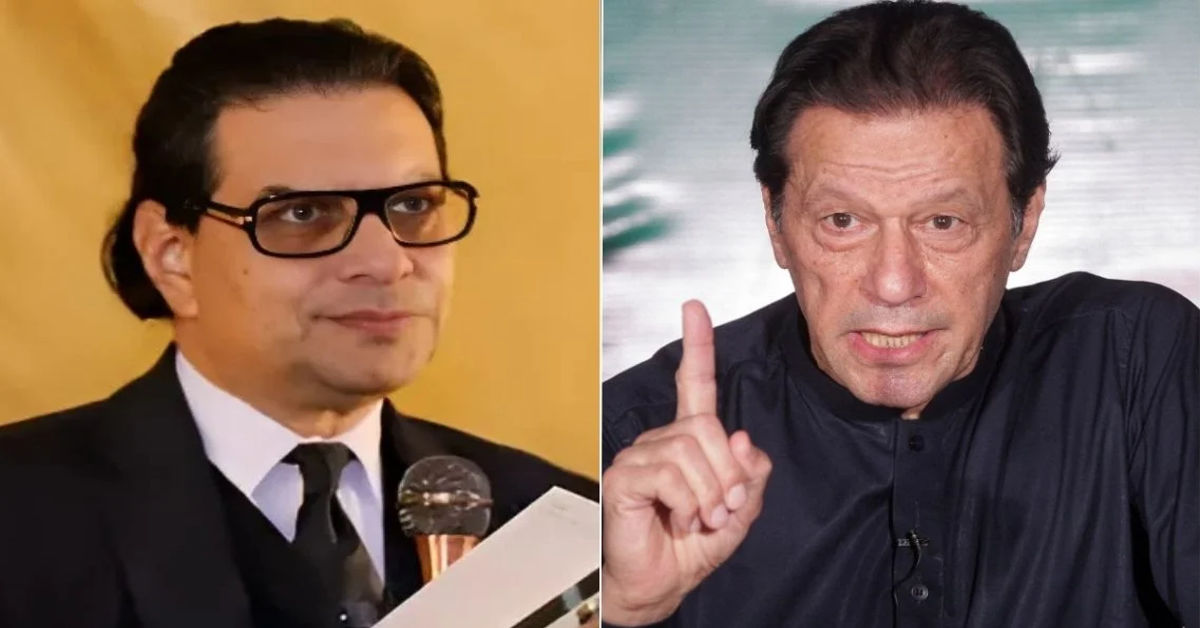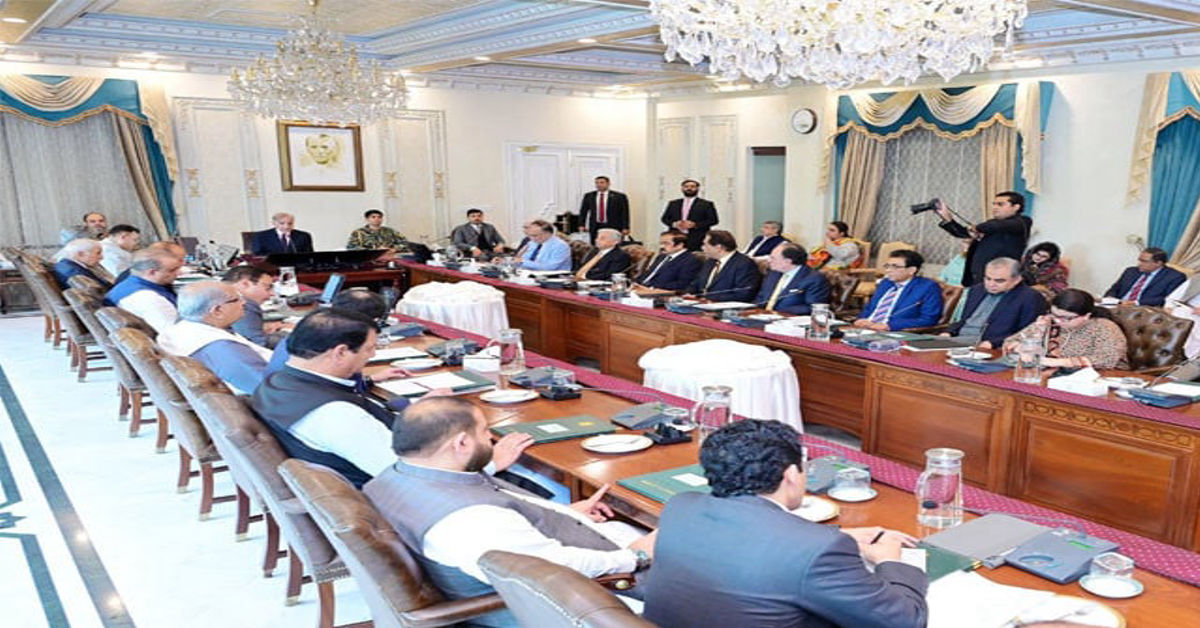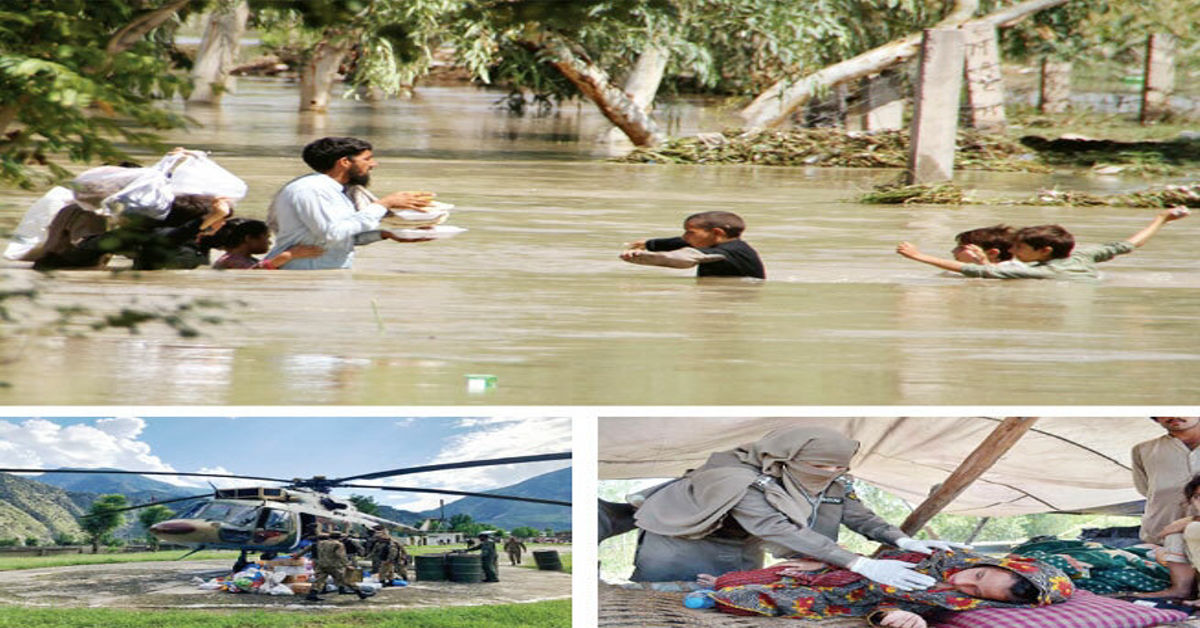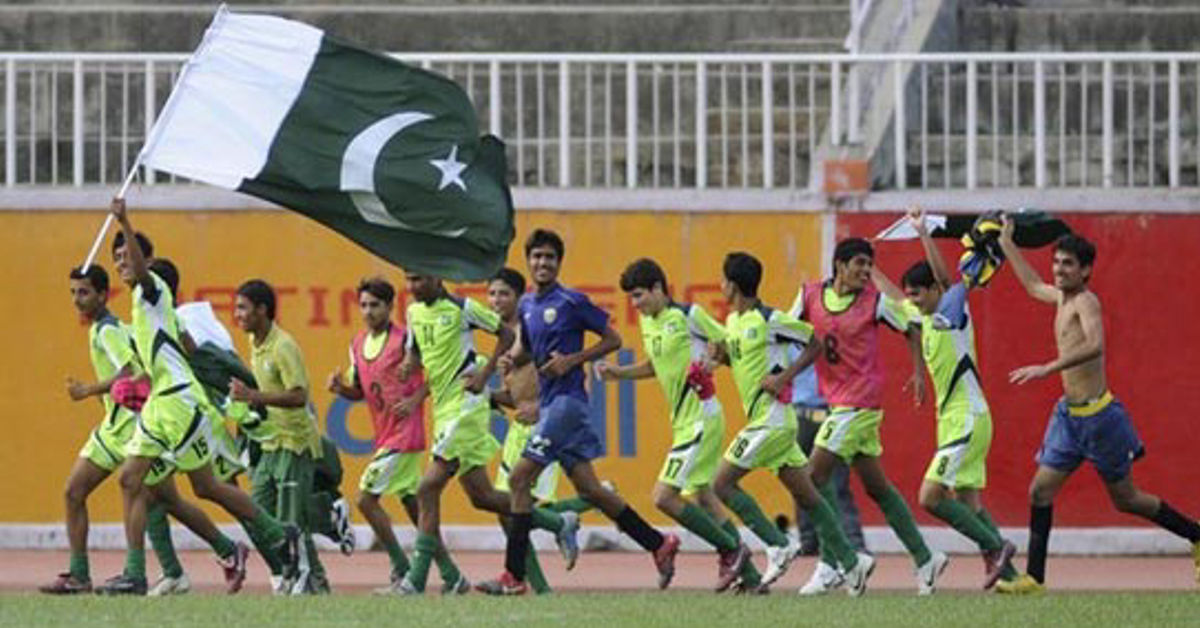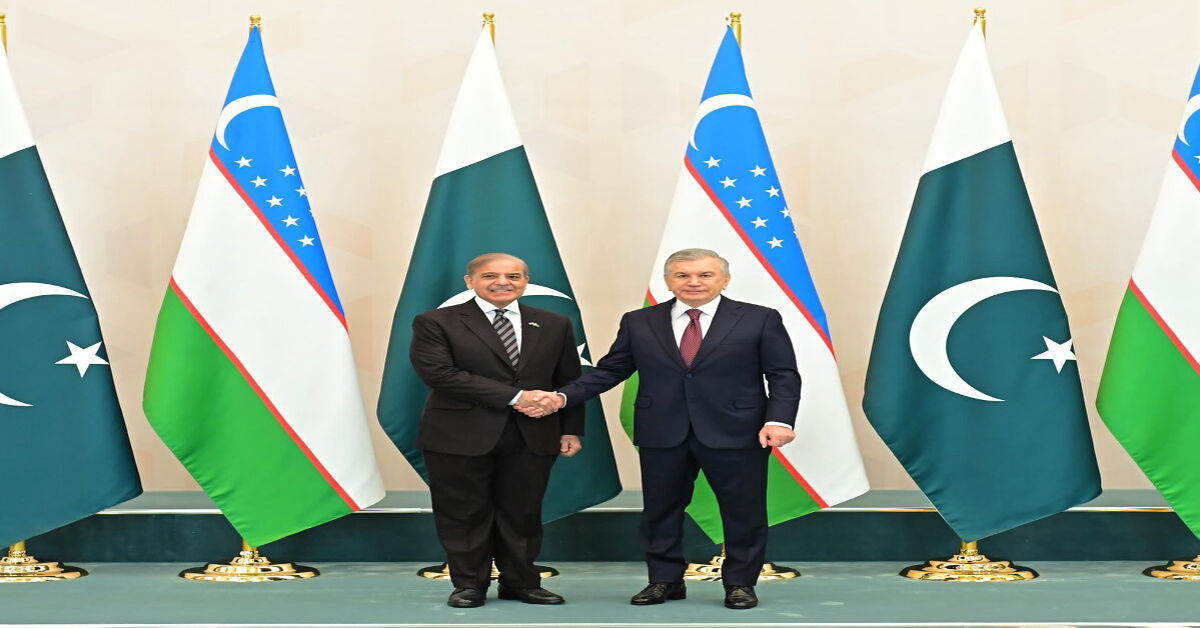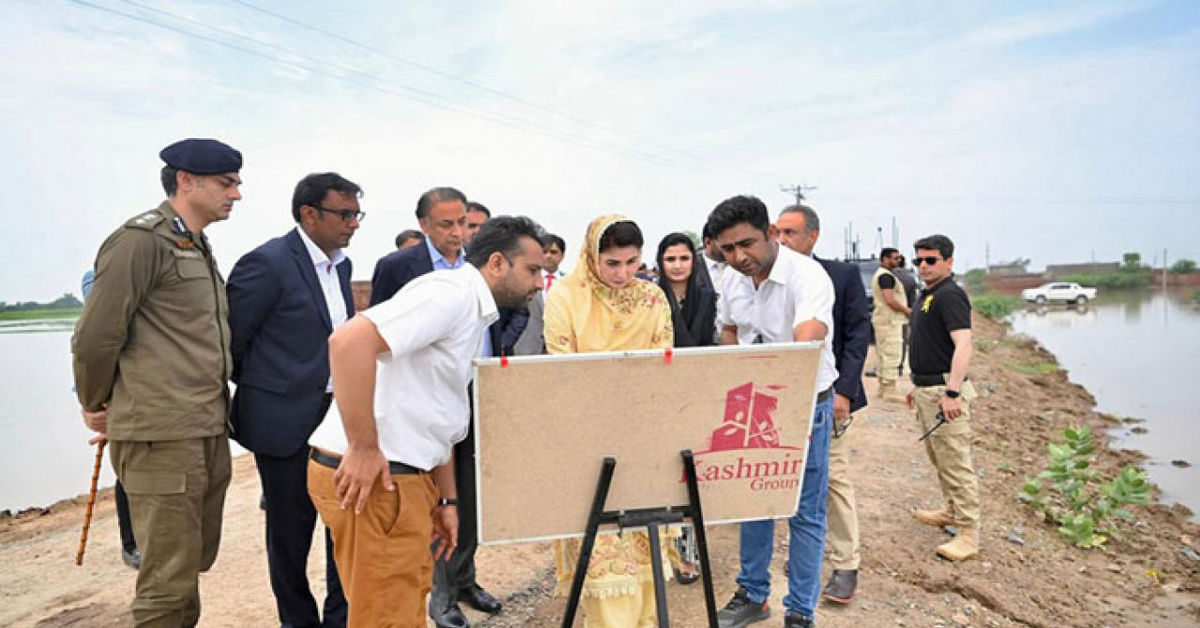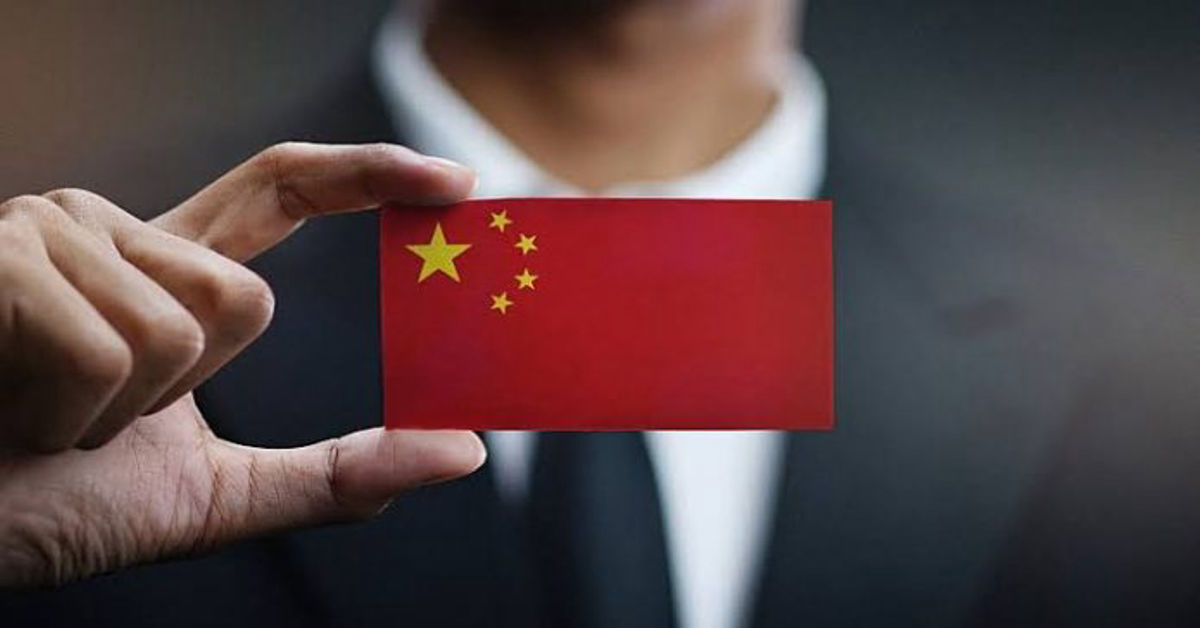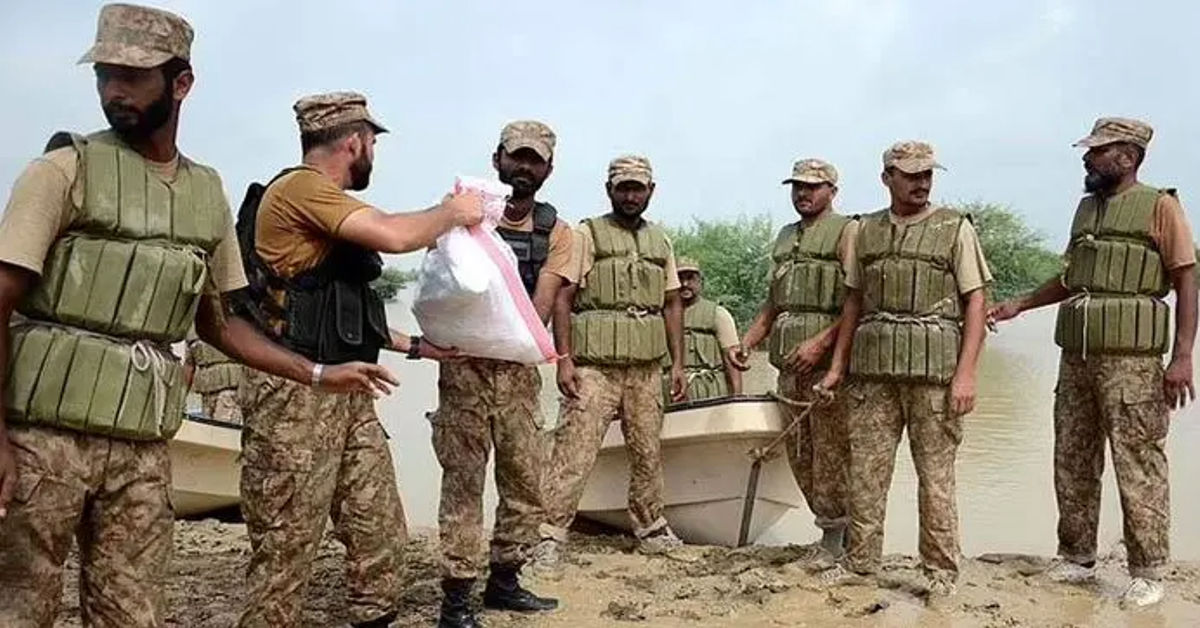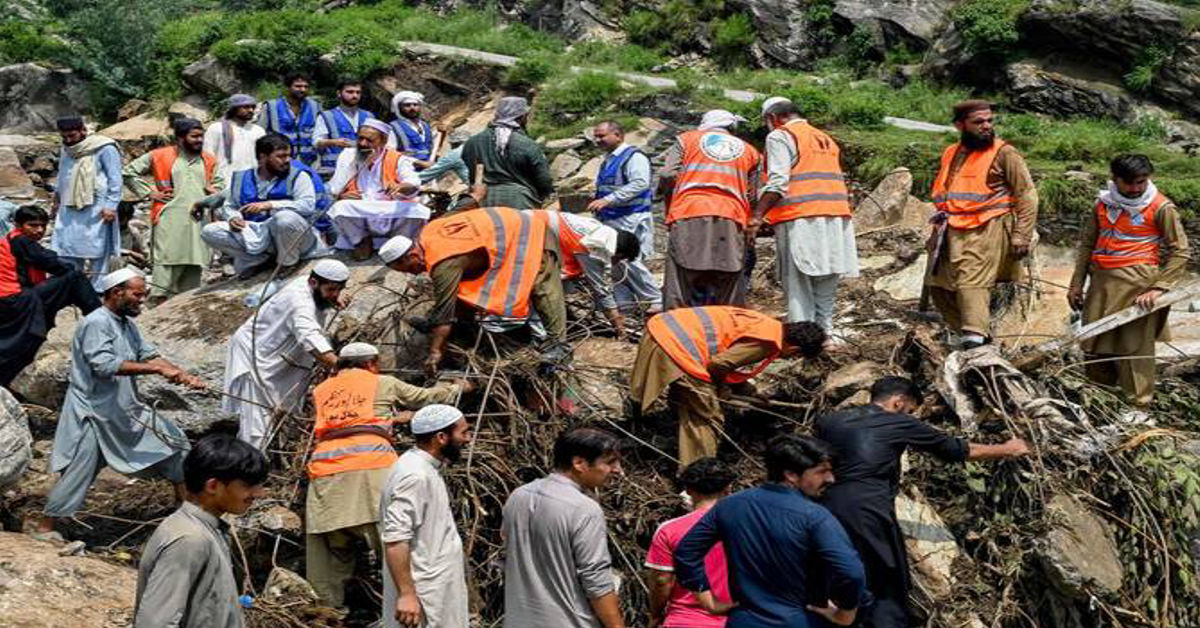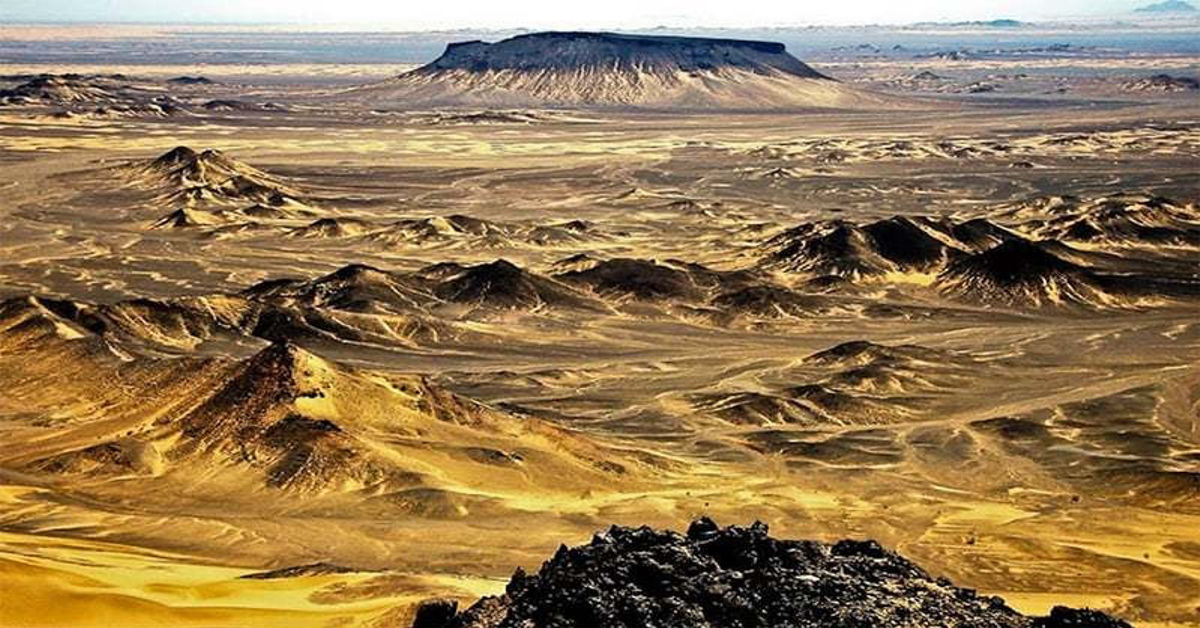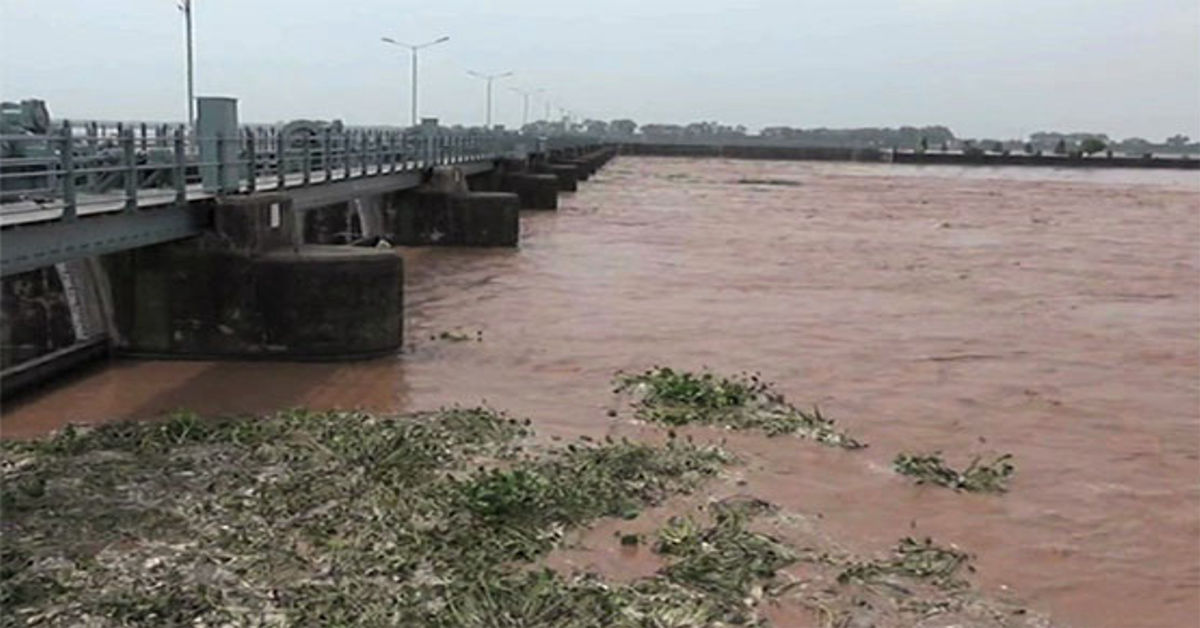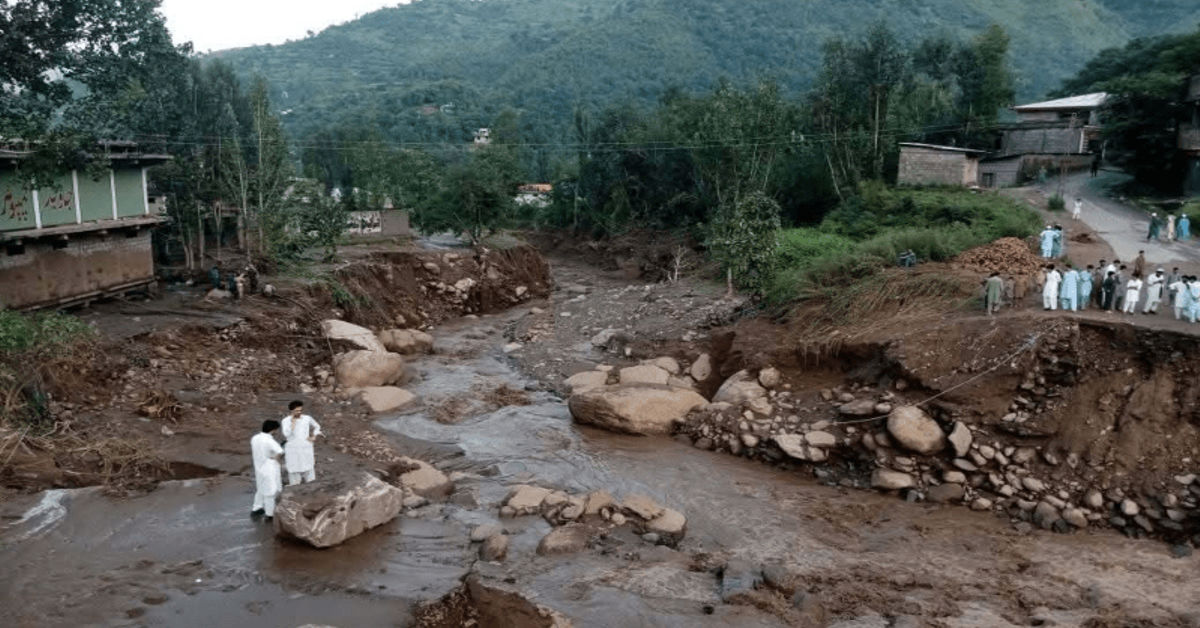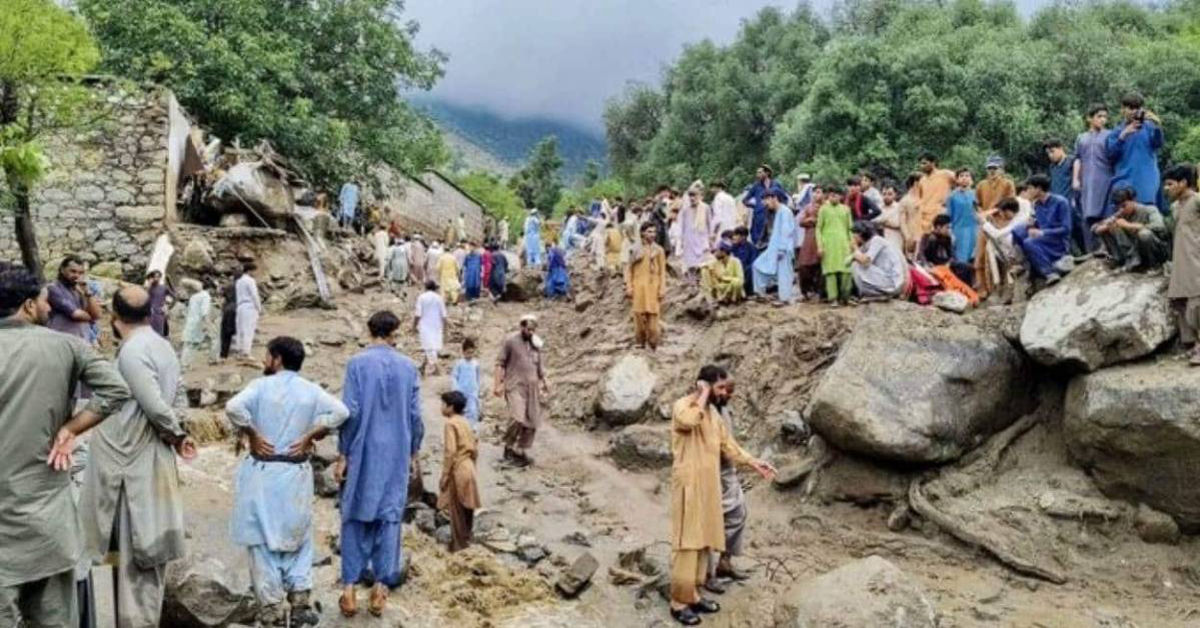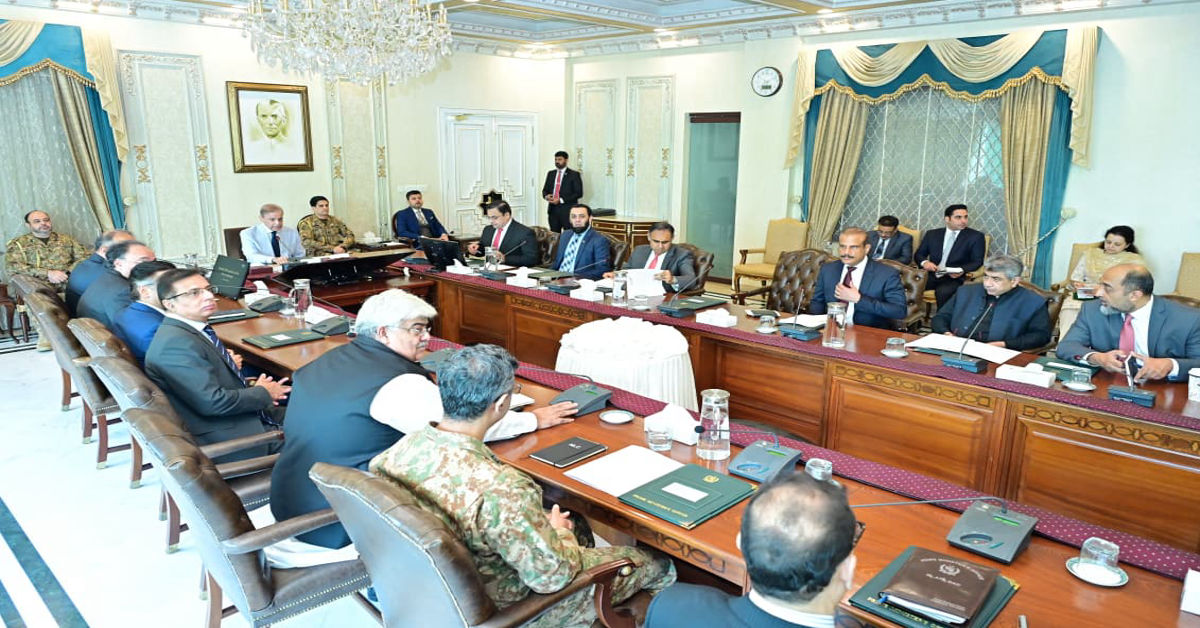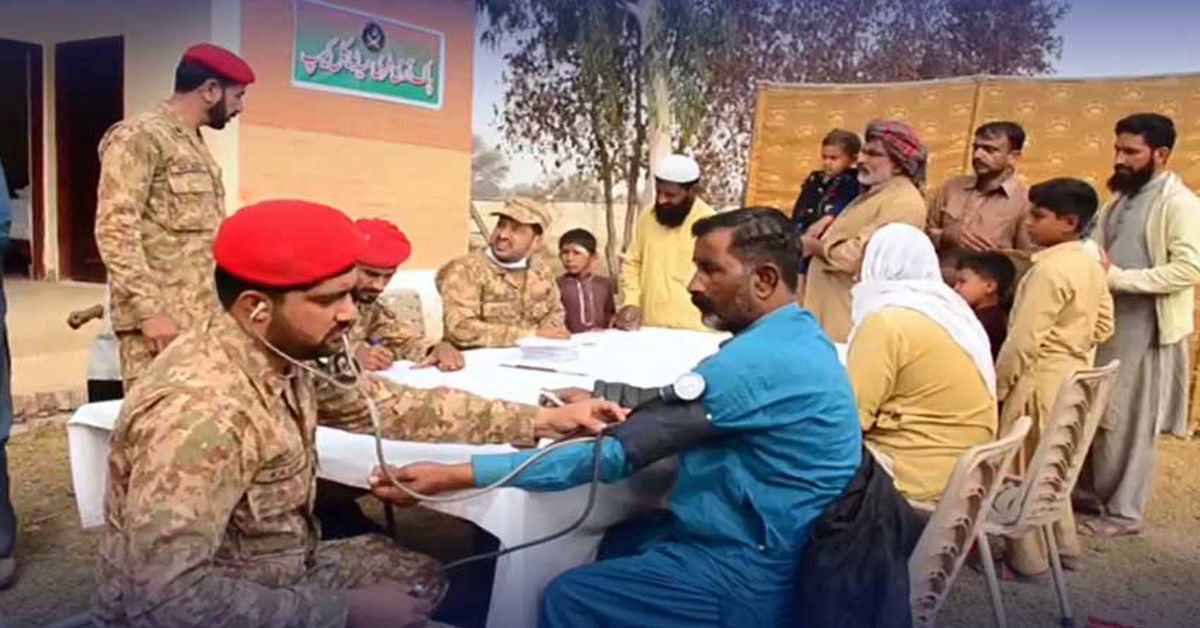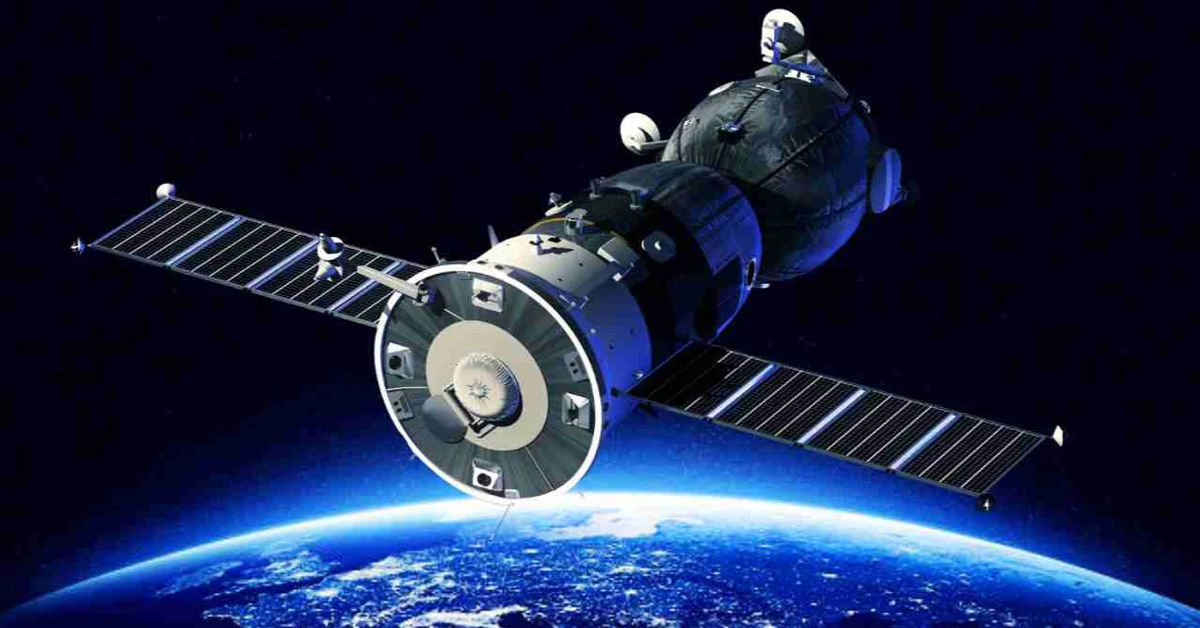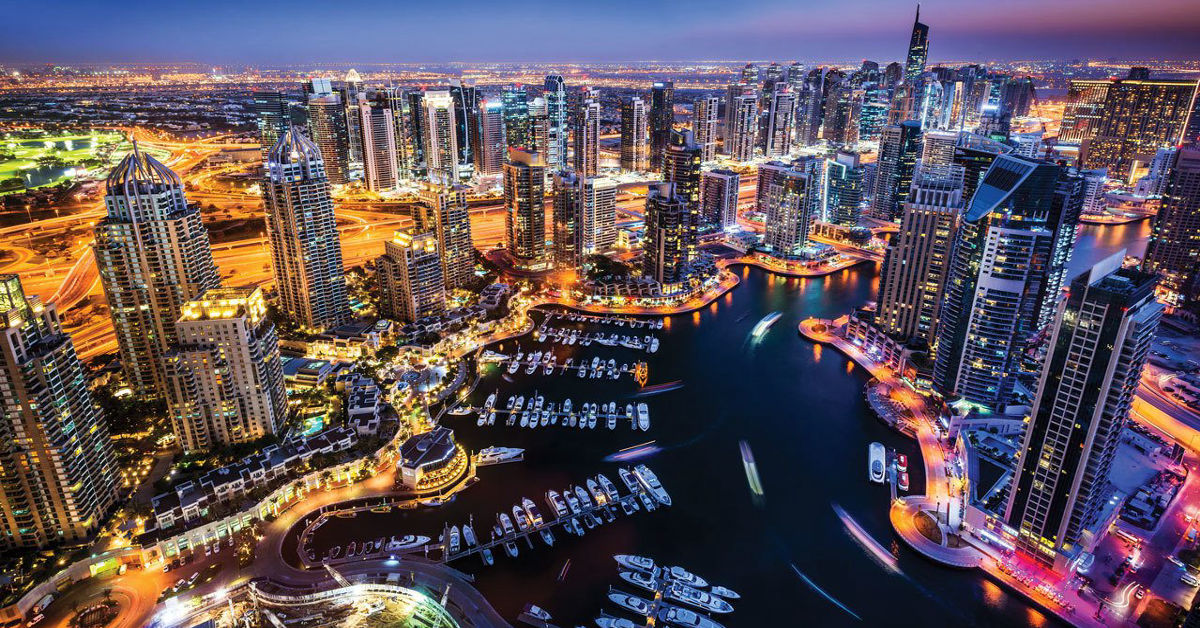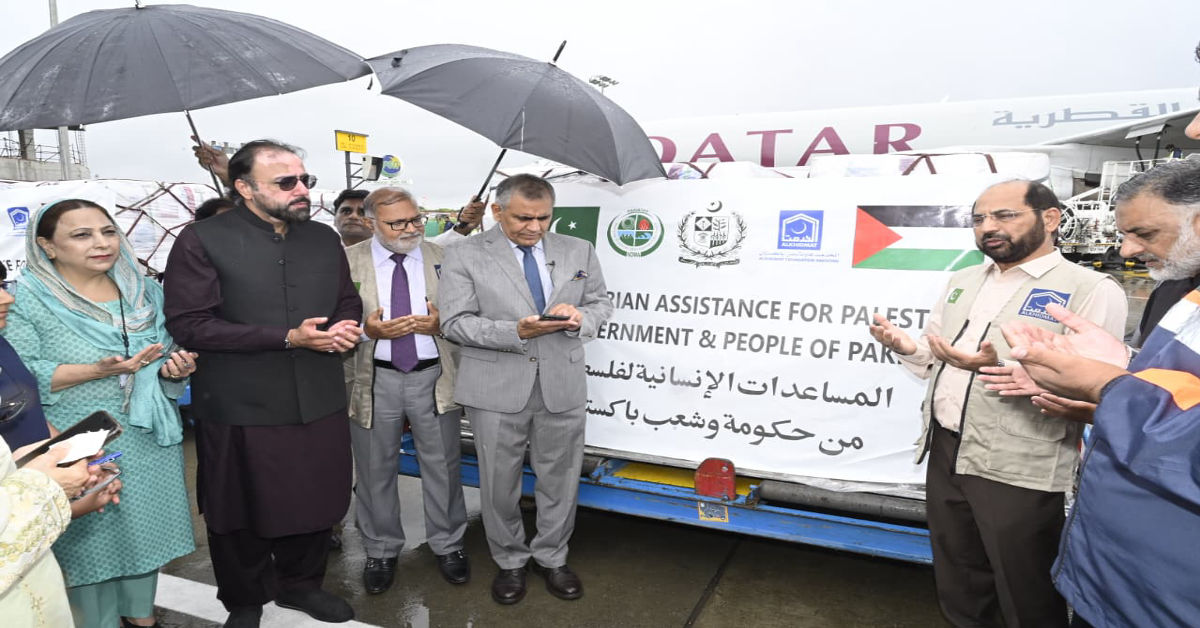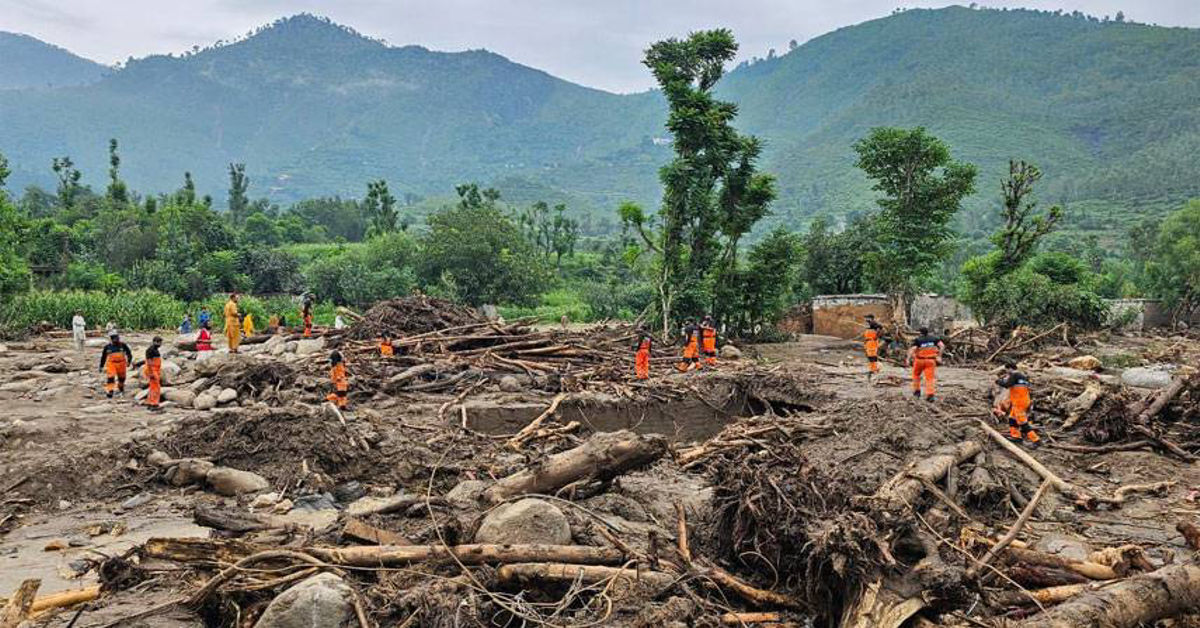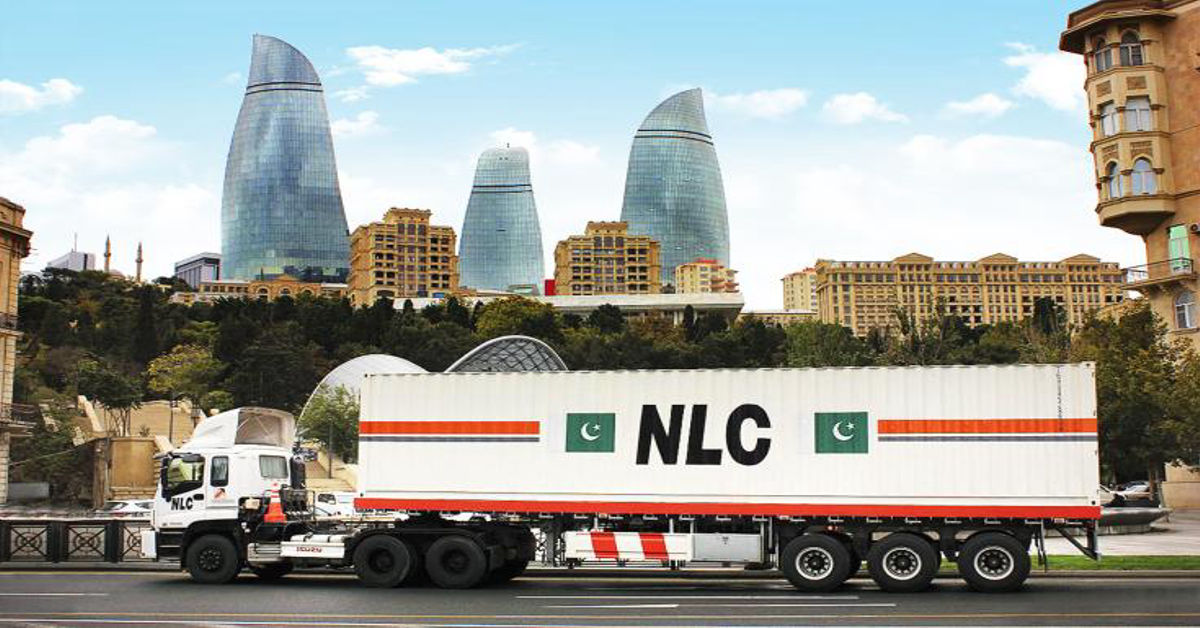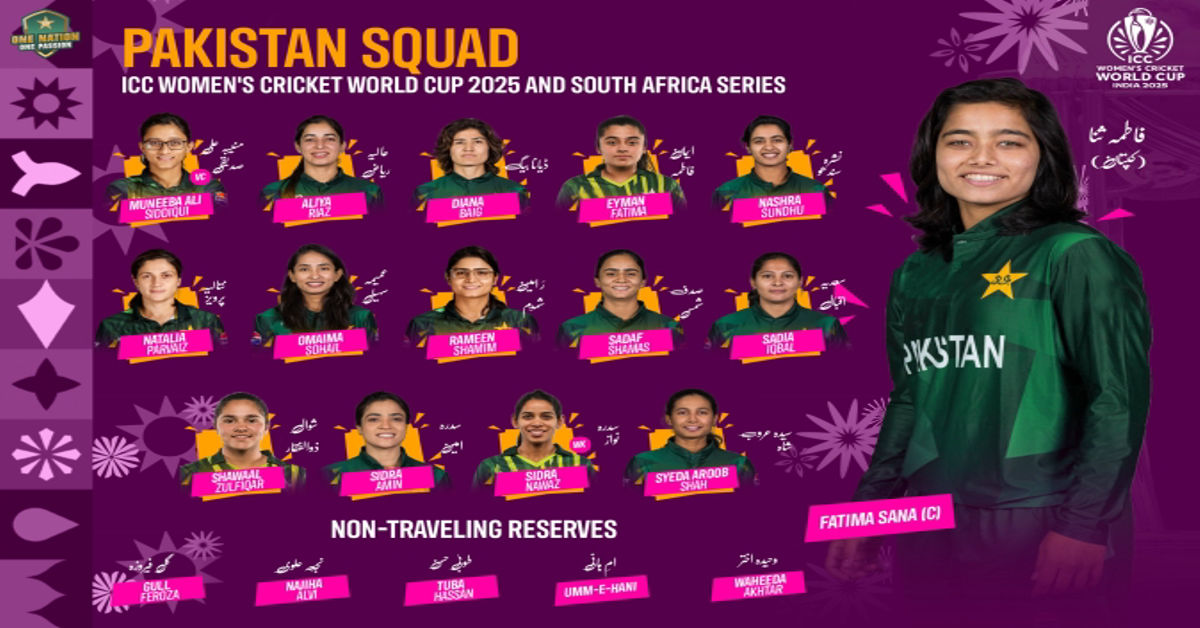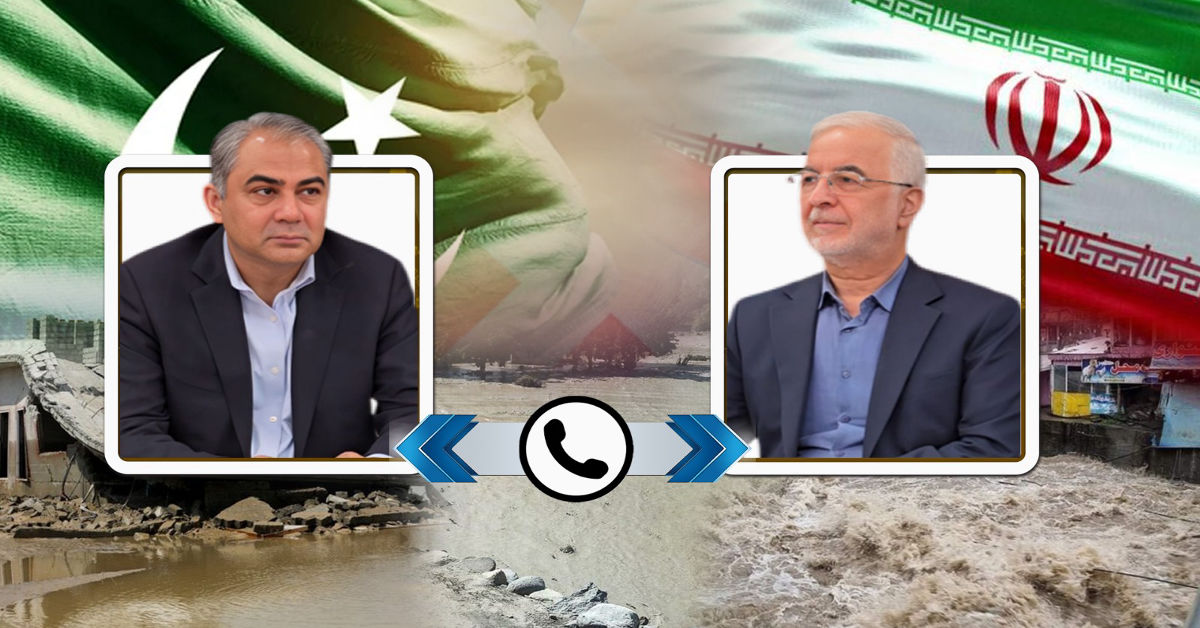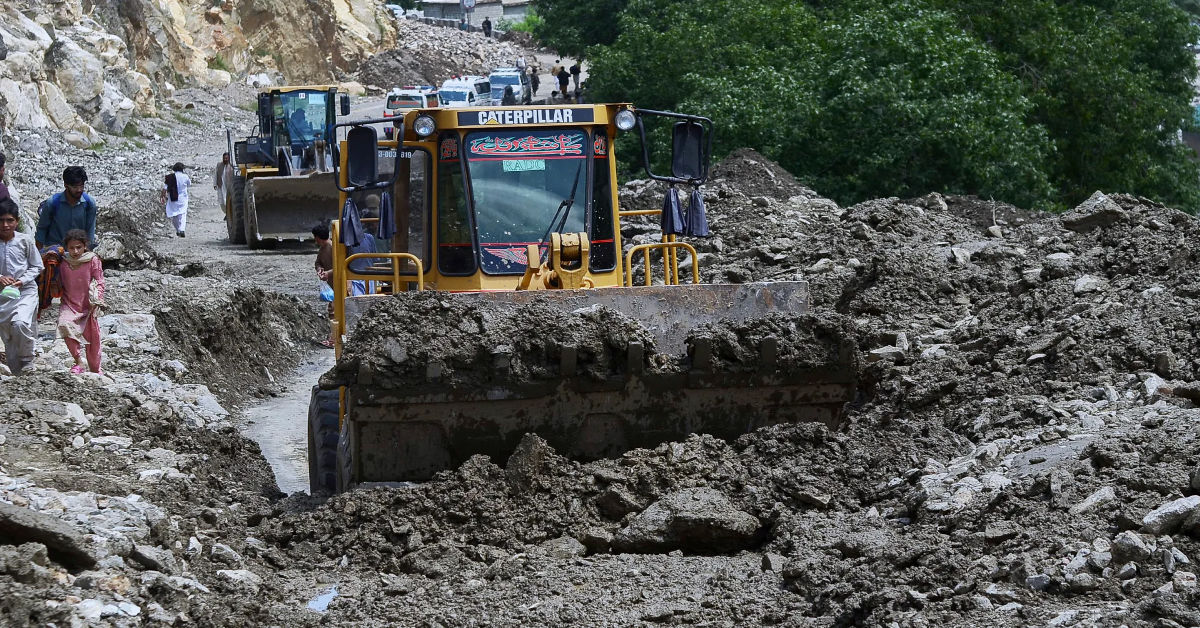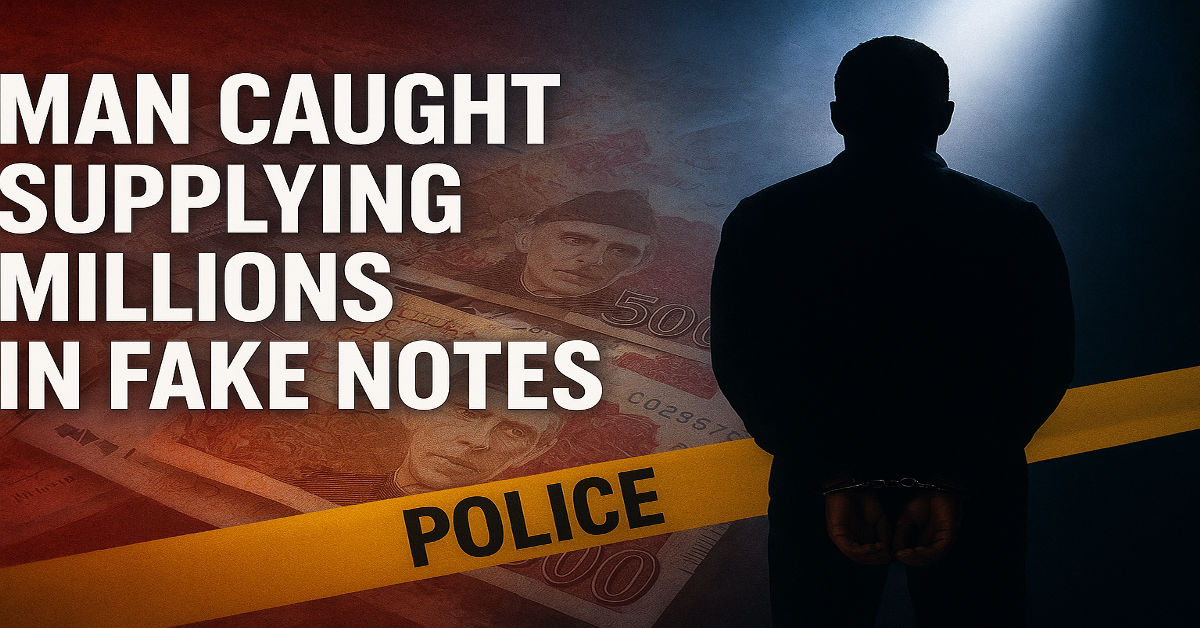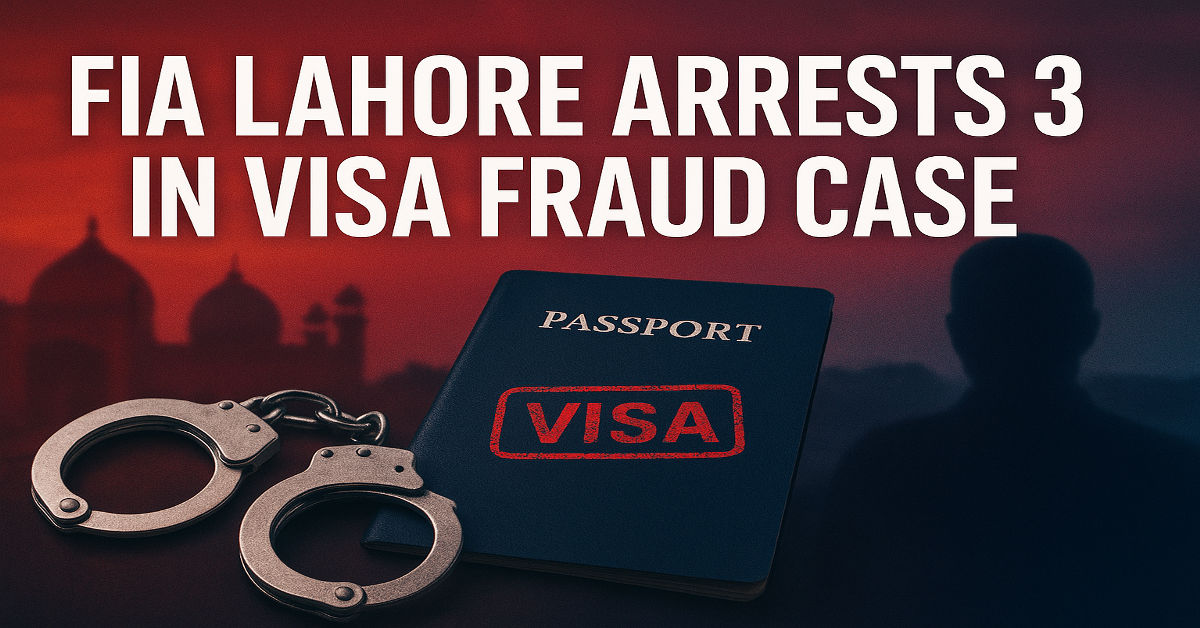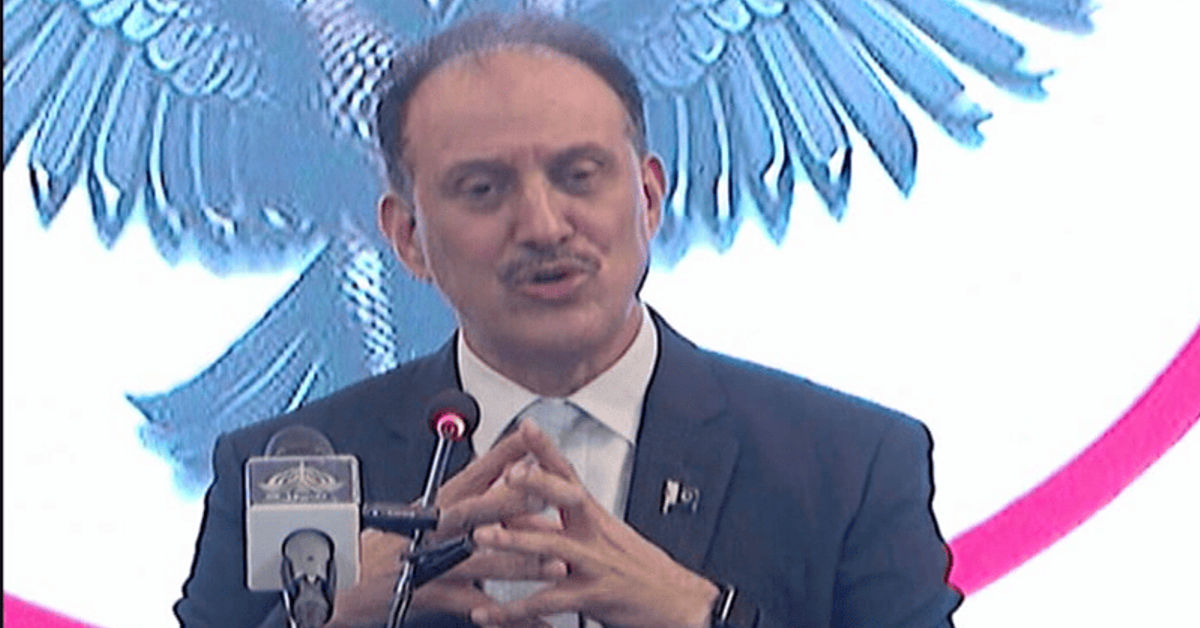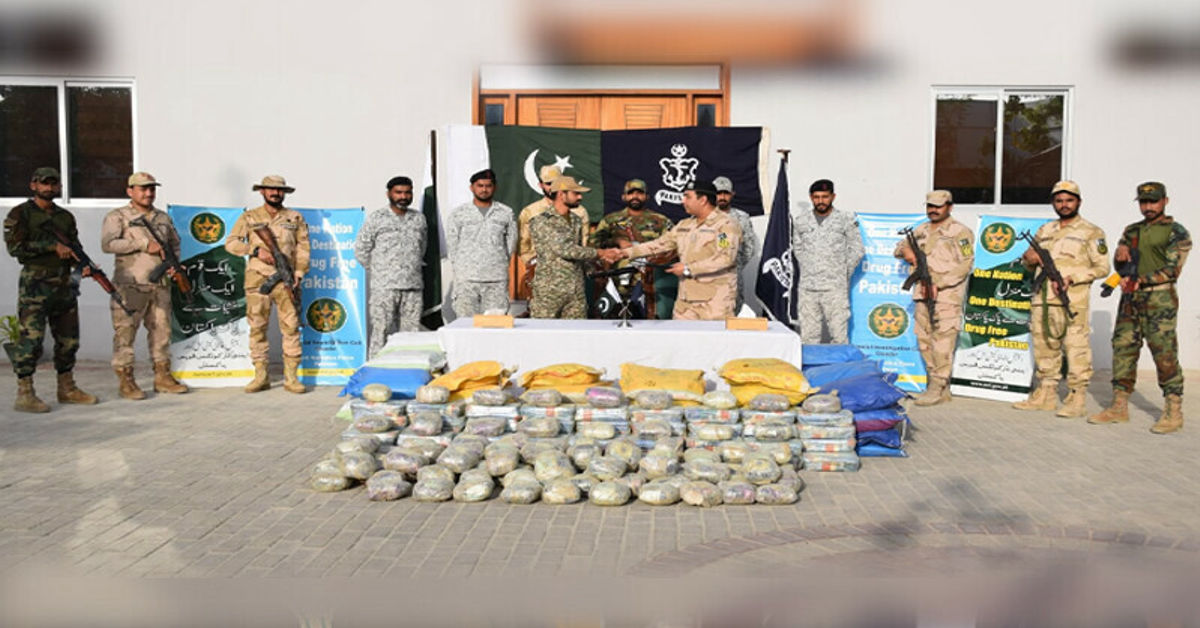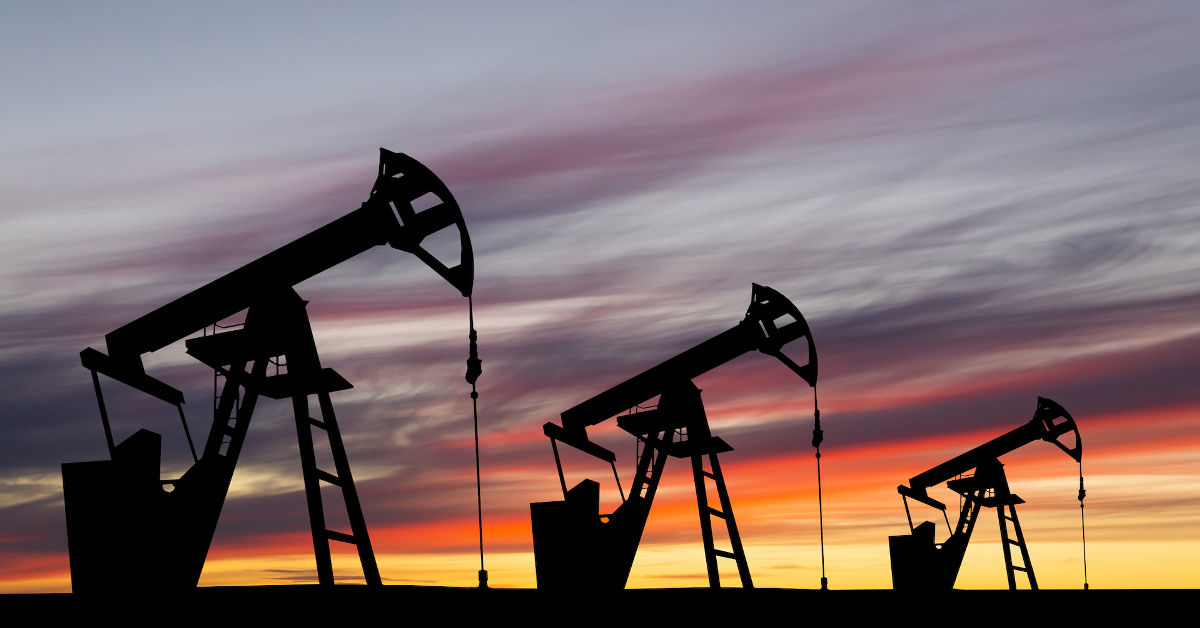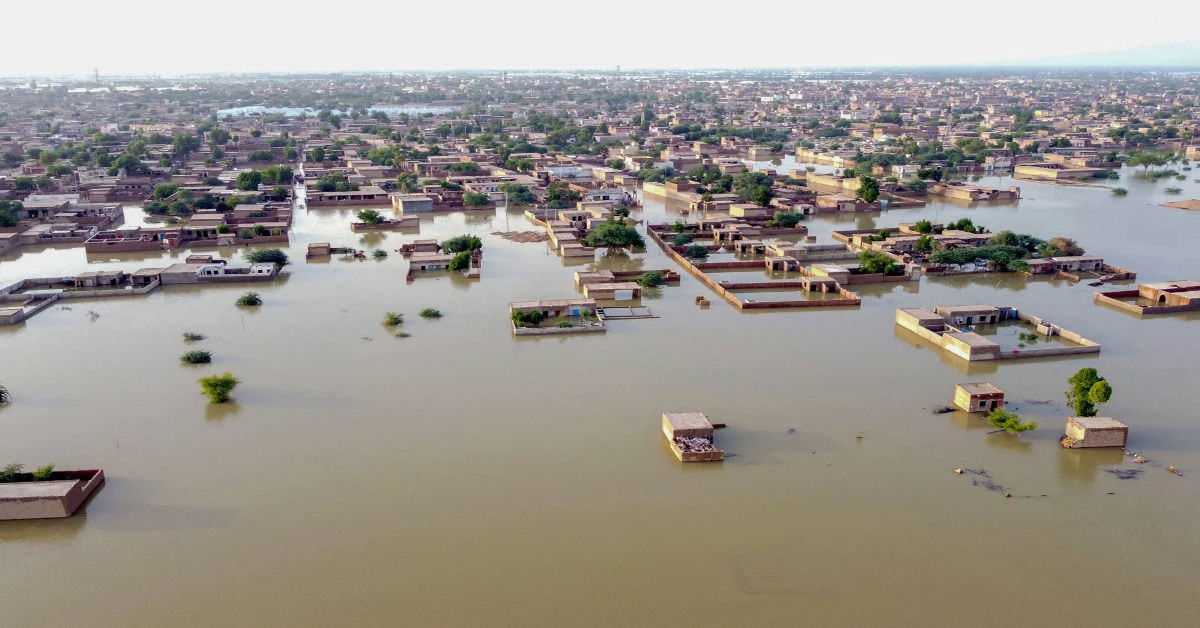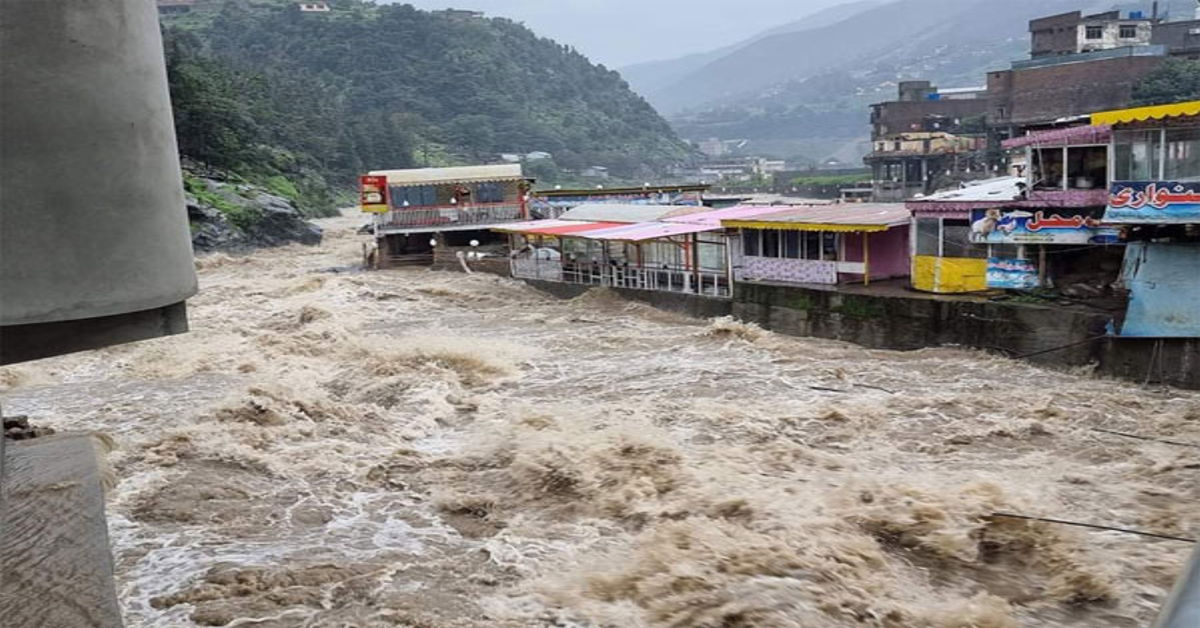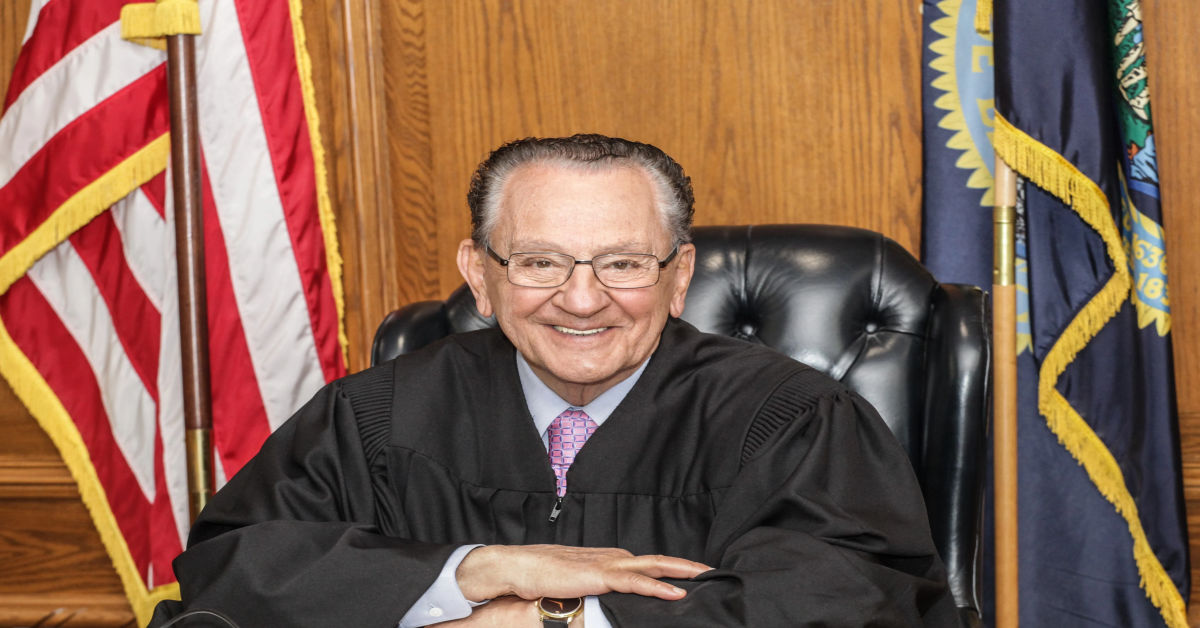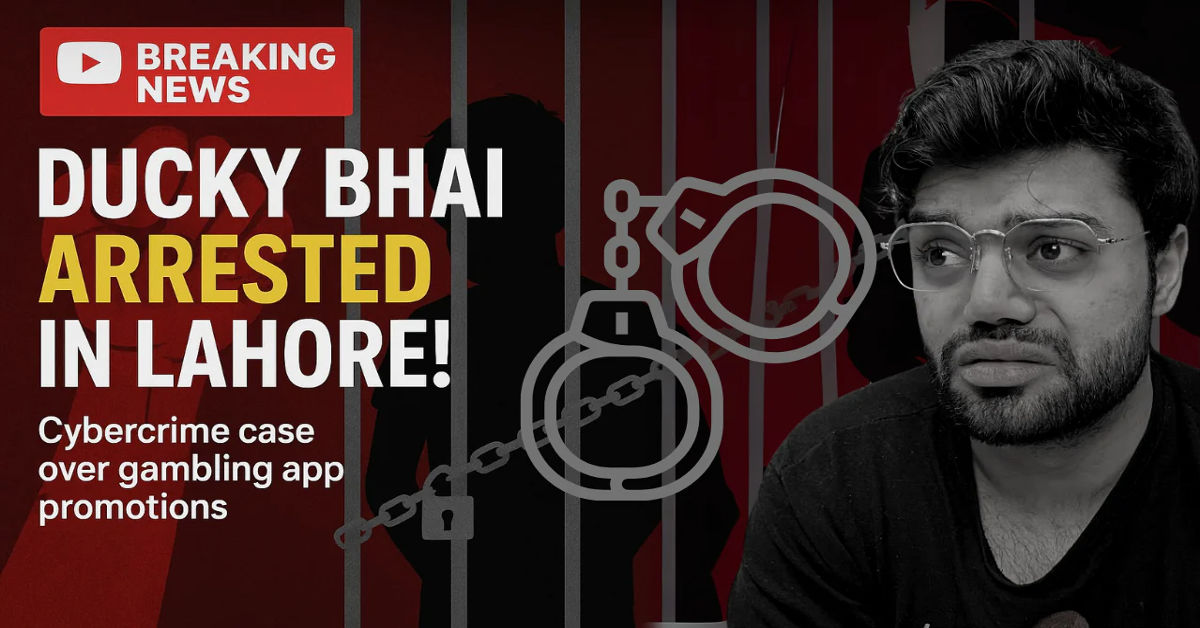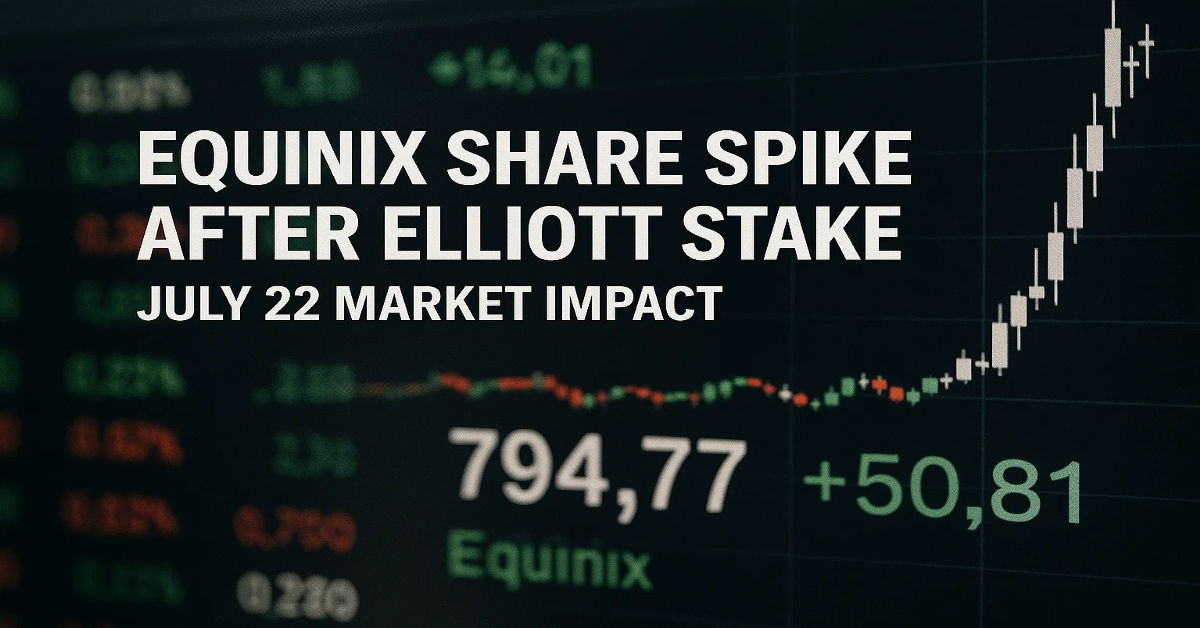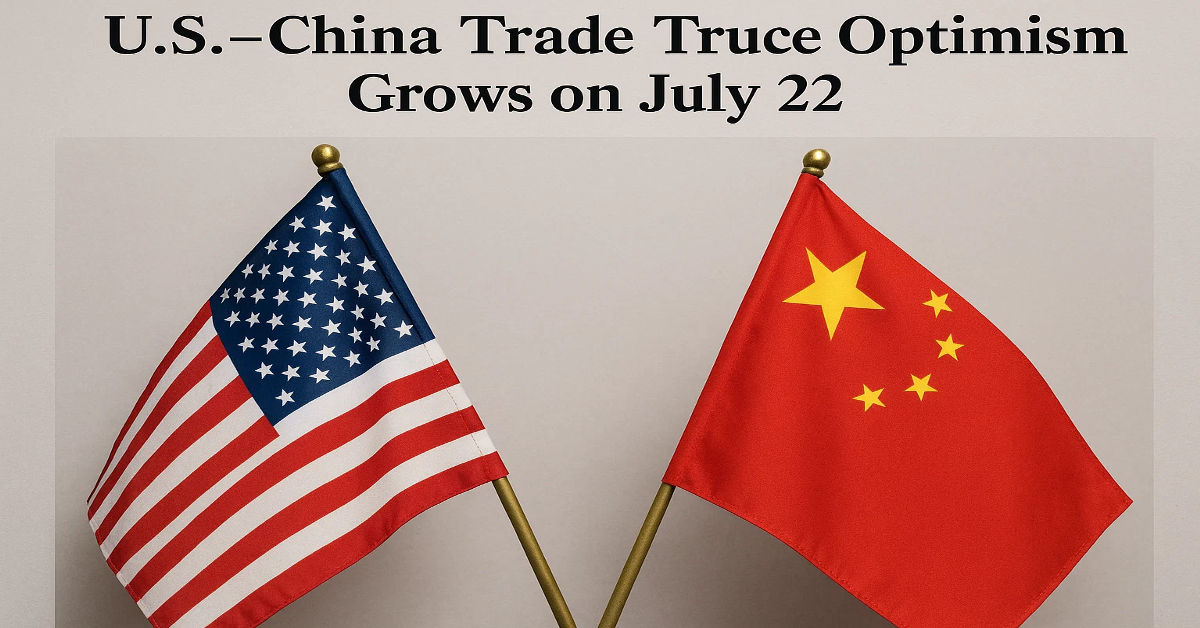
Saudi Arabia has always banned the use of political slogans, banners and flags during the Hajj and Umrah pilgrimages. Mecca is considered a place of worship only, and the government maintains that only a spiritual atmosphere must be maintained here. However, in recent years, whenever voices in favor of Palestine have been raised, Saudi security forces have reacted harshly. This has revived the debate once again about whether the ban is simply a matter of discipline or an attempt to suppress a specific political narrative.
Saudi security forces arrested an Egyptian pilgrim at the Grand Mosque in Mecca after he raised a Palestinian flag in front of the Kaaba and shouted slogans for the oppressed children of Gaza.
The incident was captured in a 35-second video that quickly went viral on social media. The man can be seen in the video emotionally shouting “Wa Islama!”, a cry that is a common refrain in Islamic history, and then shouting: “The children of Gaza are dying, O Muslims!” Moments later, Saudi officials approached him and arrested him on the spot.
The incident has sparked intense criticism in online circles and has reignited debate over Saudi Arabia’s ban on political speech in religious places. Critics say that speaking out in favor of the Palestinians should not be a crime, especially when Gaza is currently suffering from a severe humanitarian crisis.
Saudi authorities maintain that there is a complete ban on political slogans, flags and symbols during the Hajj and Umrah pilgrimages so as not to disrupt the spiritual atmosphere of worship. However, critics say that the policy is sometimes used to suppress freedom of expression.
This is not the first incident. In April this year, a Turkish woman was denied entry to the Grand Mosque for wearing a headband with a Palestinian Flag. In February 2024, a Palestinian woman was detained for carrying a bag with a Palestinian flag. In November 2024, an Algerian pilgrim and a Turkish sheikh were detained for praying for Palestine and Gaza during their Umrah pilgrimage.
The timing of the arrests is also significant given the growing humanitarian crisis in Gaza. Israeli attacks, food shortages, lack of medical facilities and water shortages have made the situation even more dire. Despite growing calls for aid around the world, Palestinians are still being held accountable for their actions at the holy sites.


